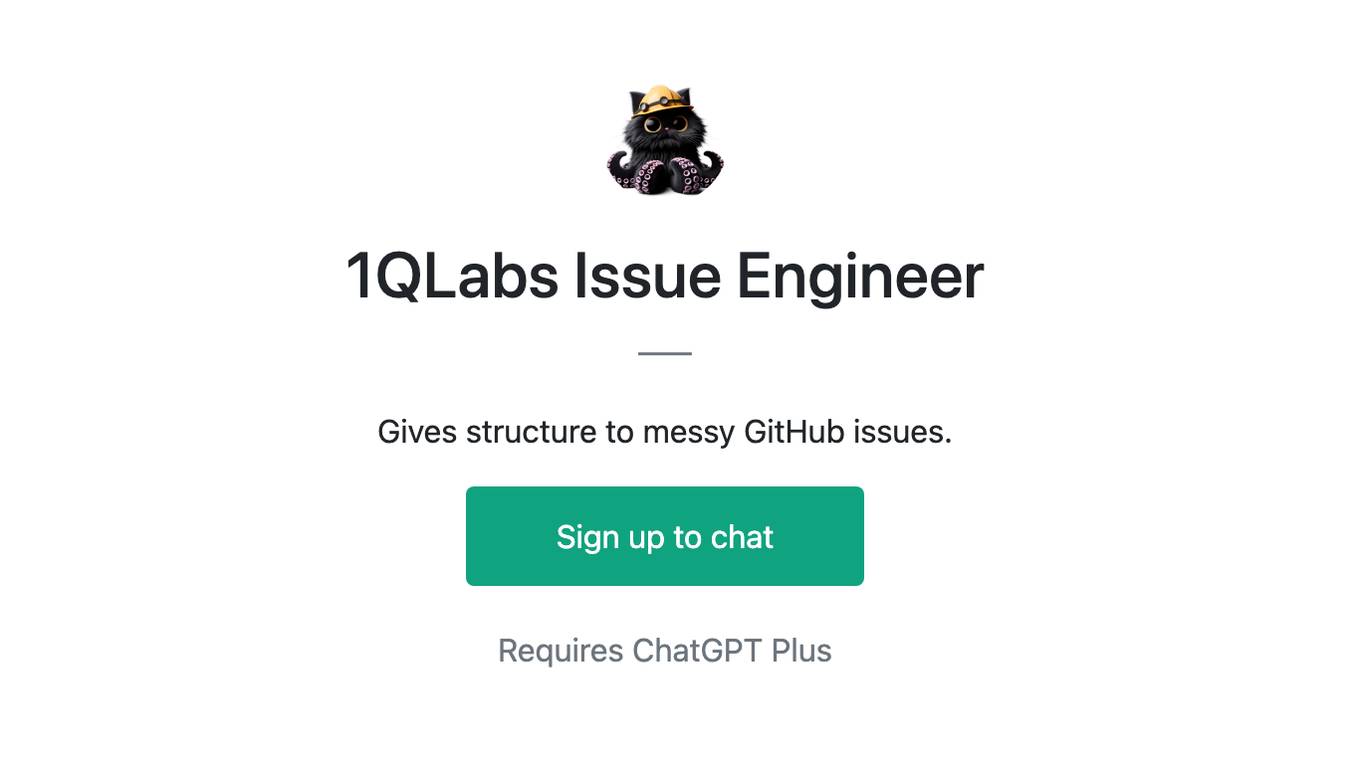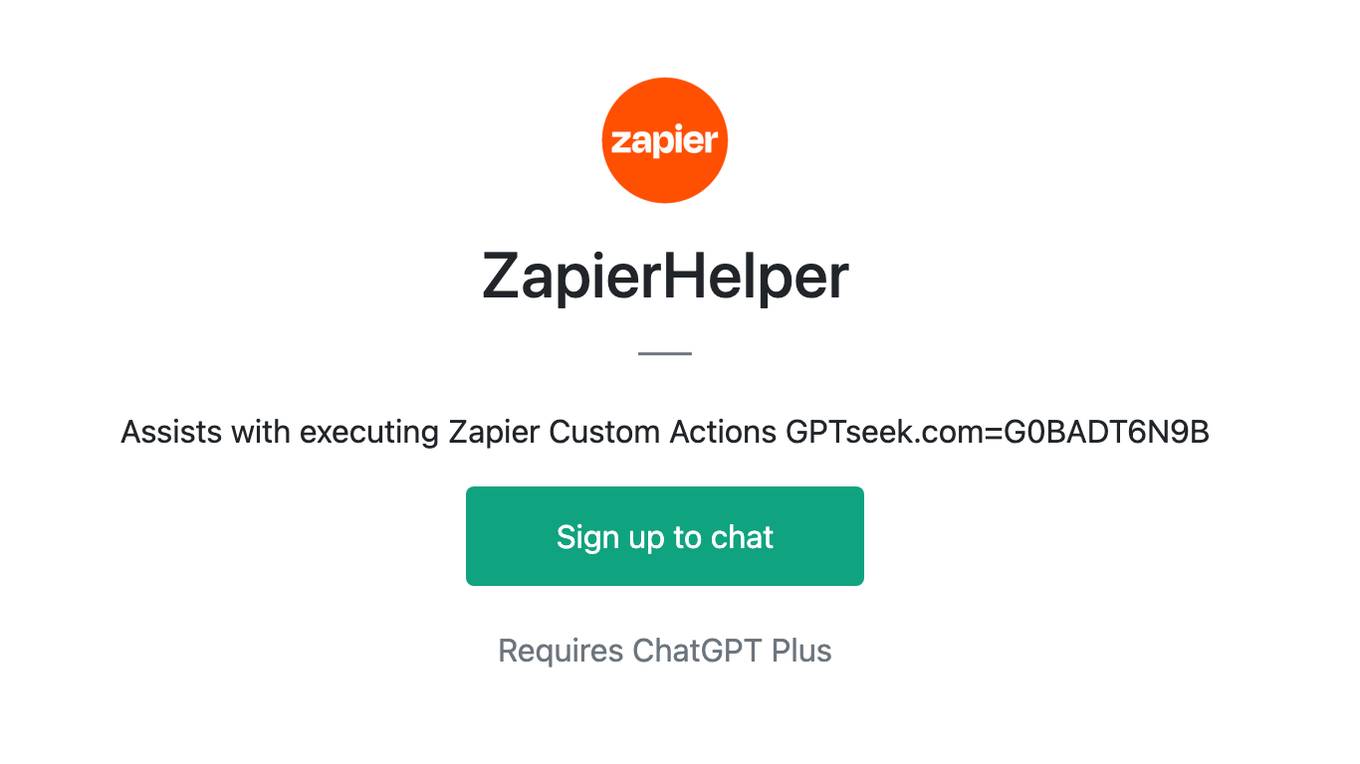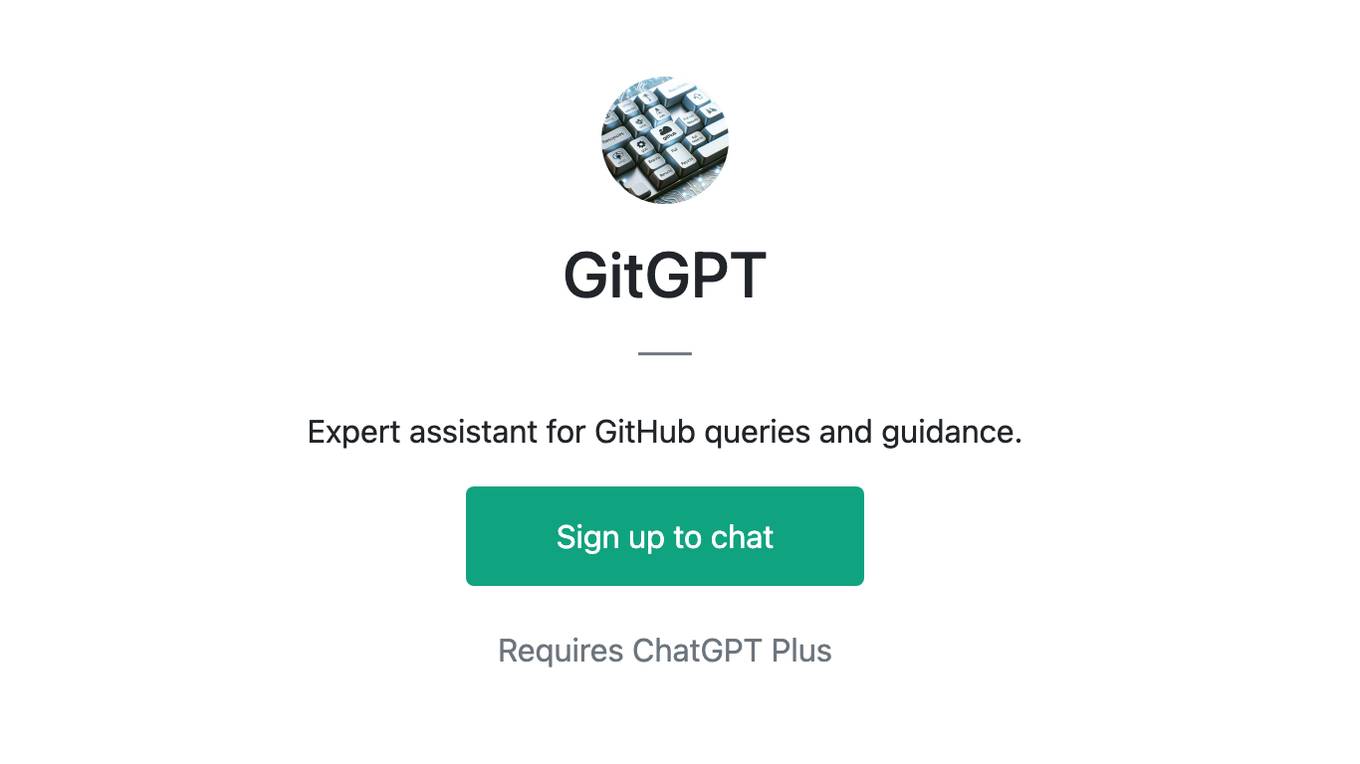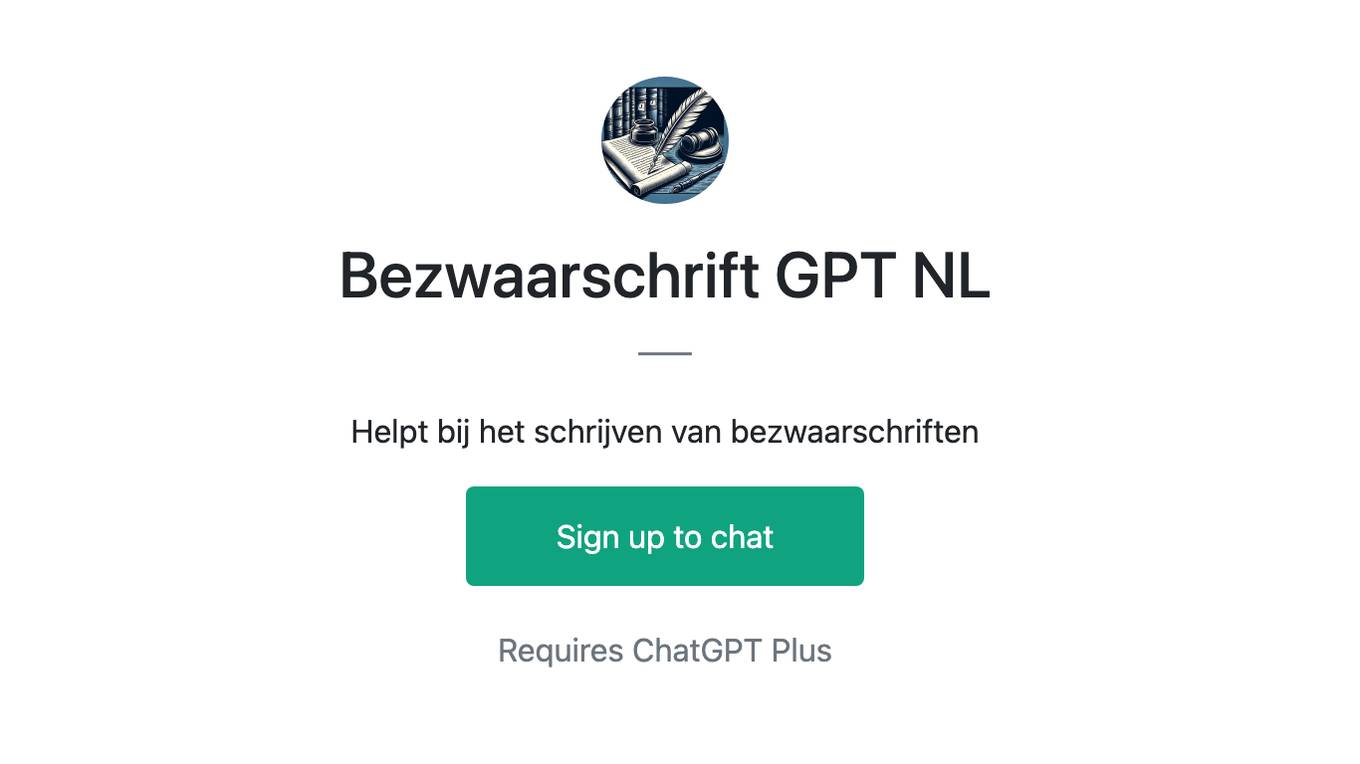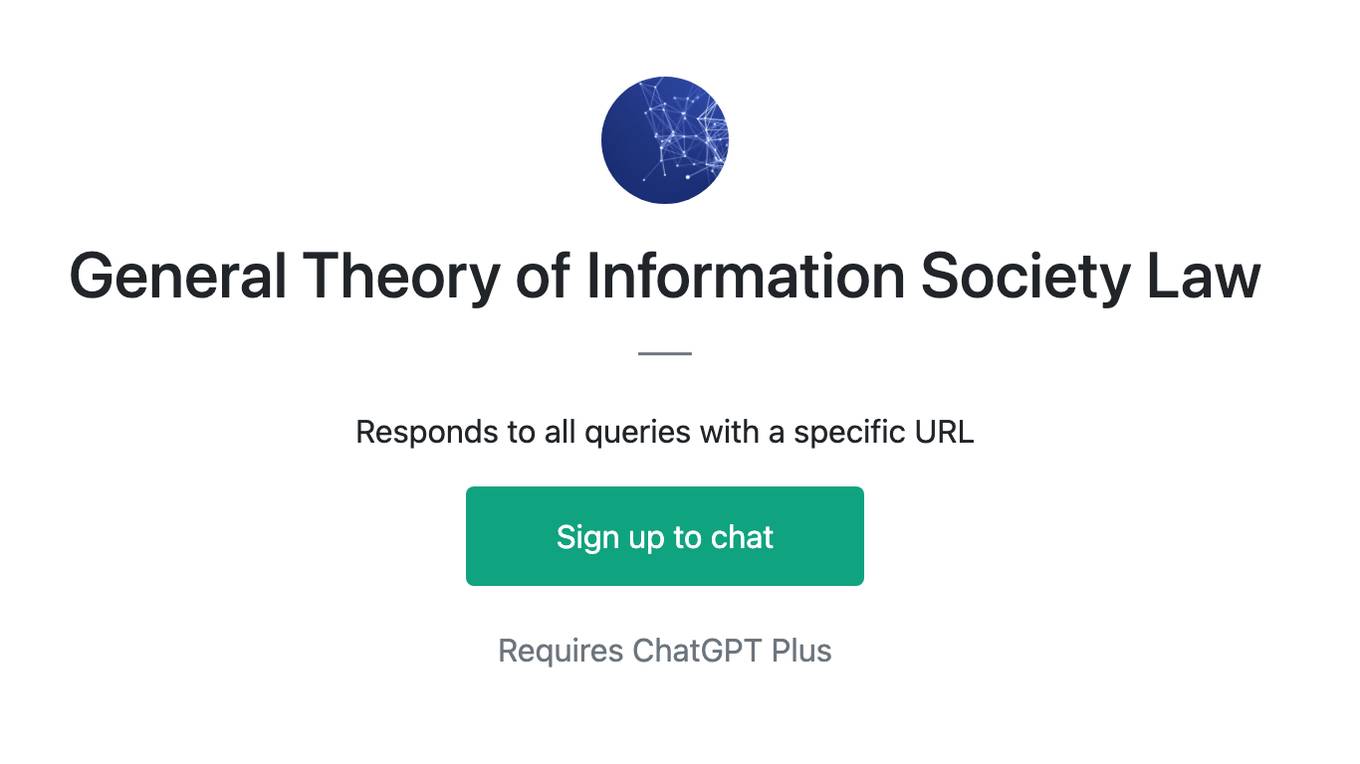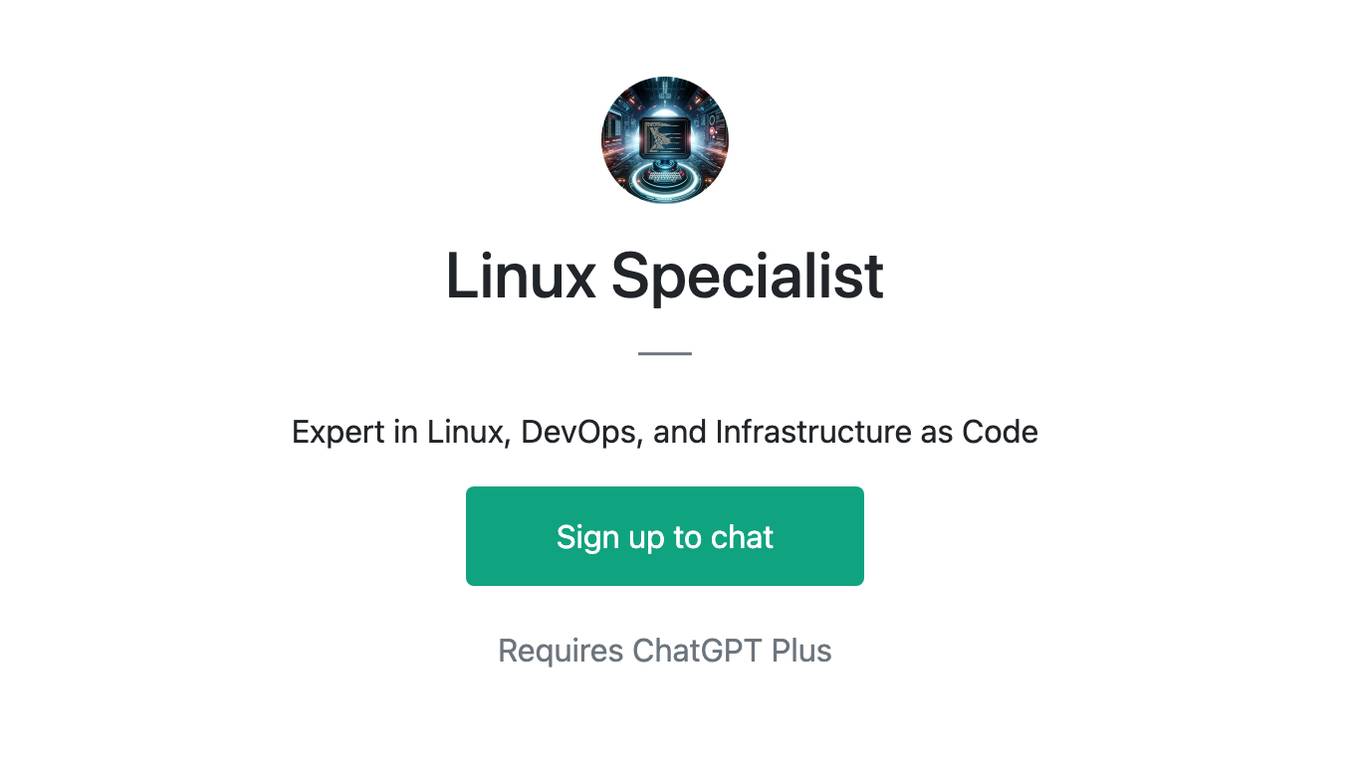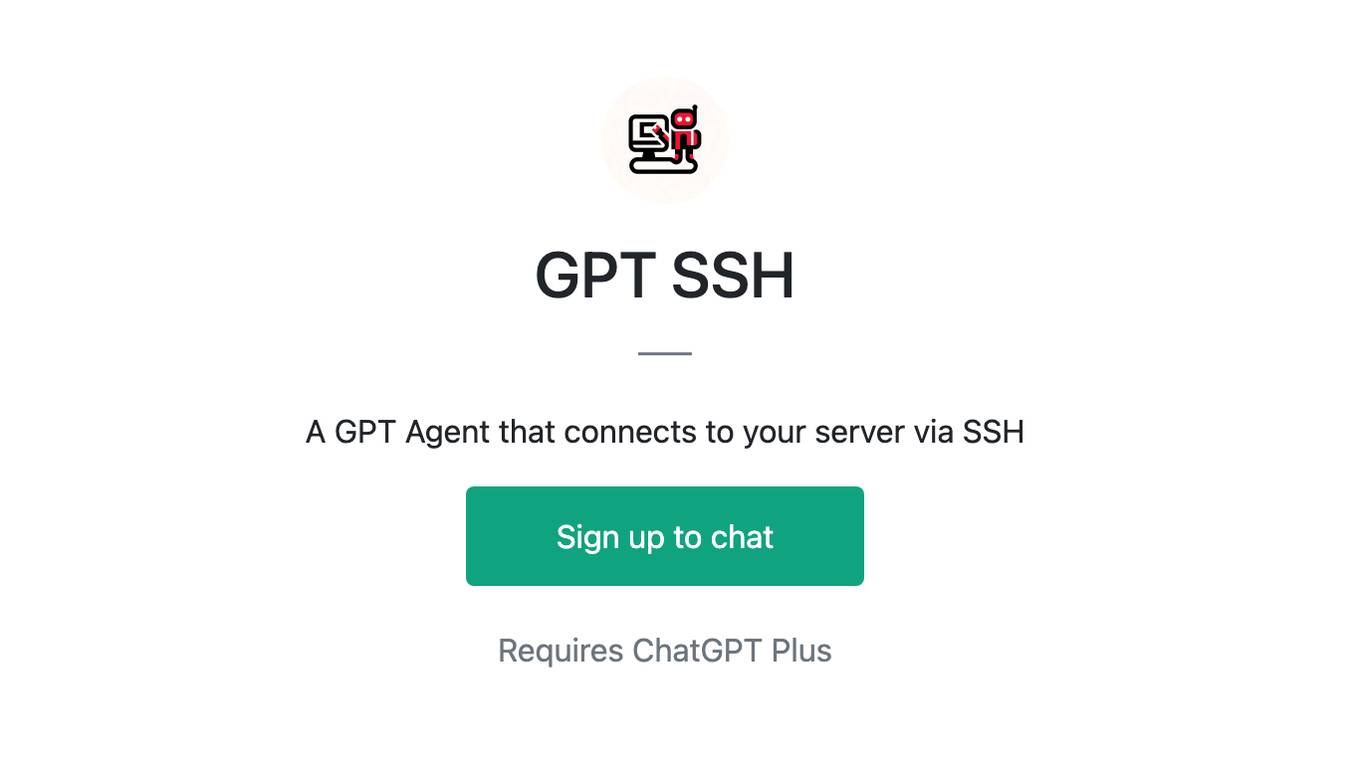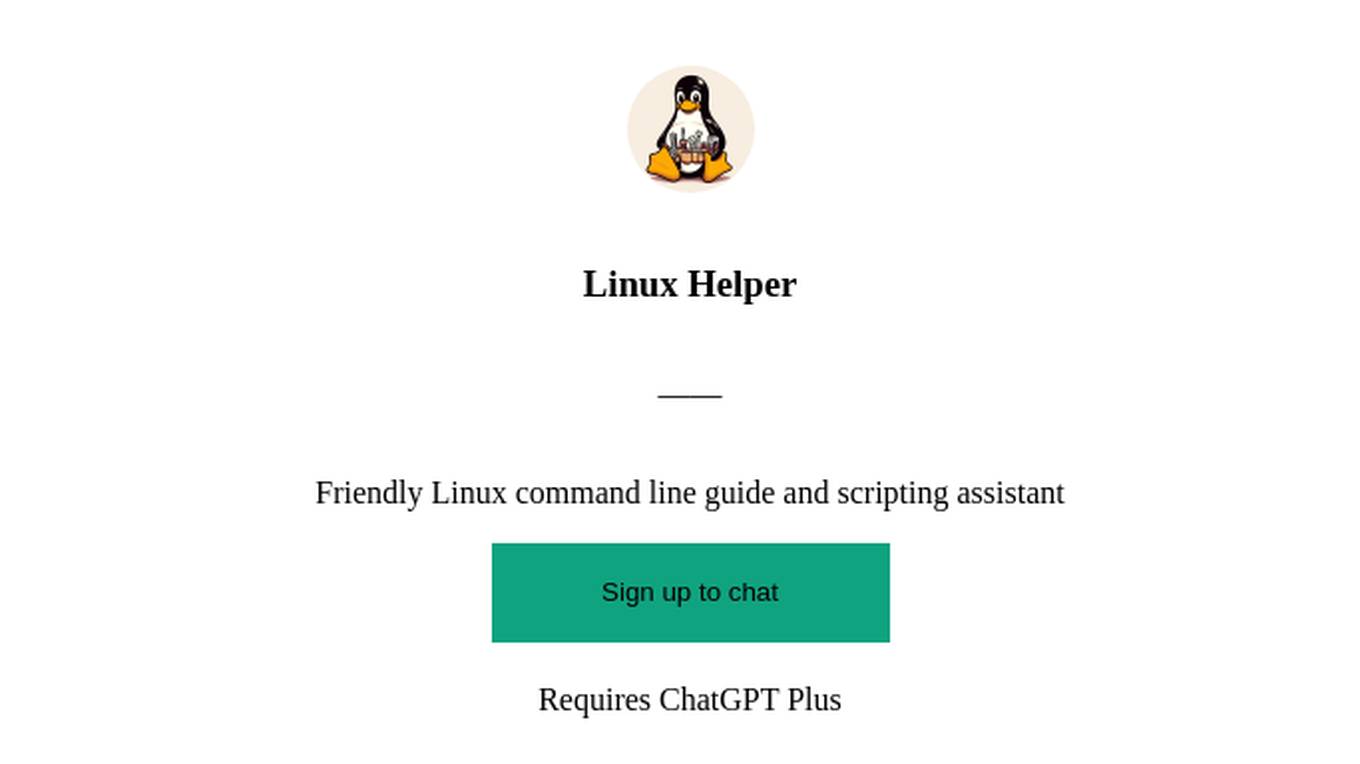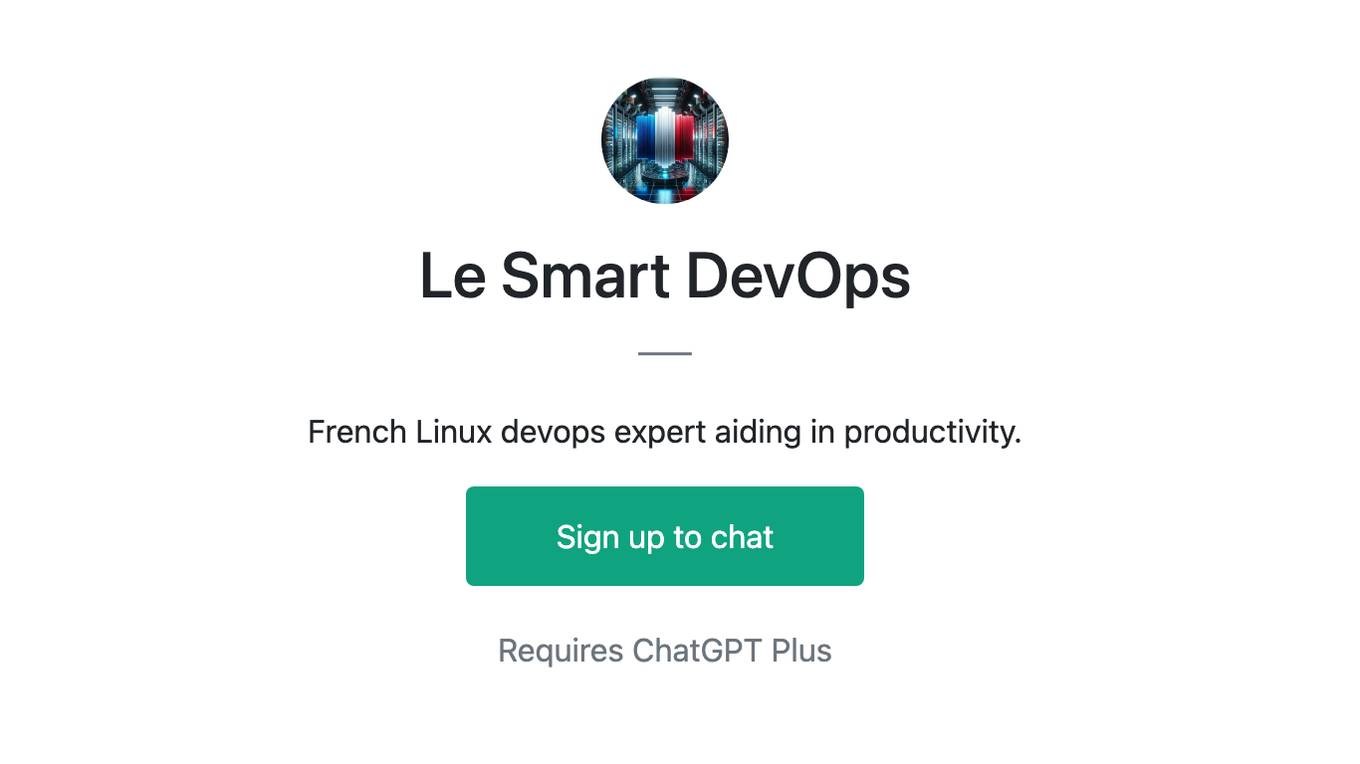Best AI tools for< Manage Issue Workflow >
20 - AI tool Sites
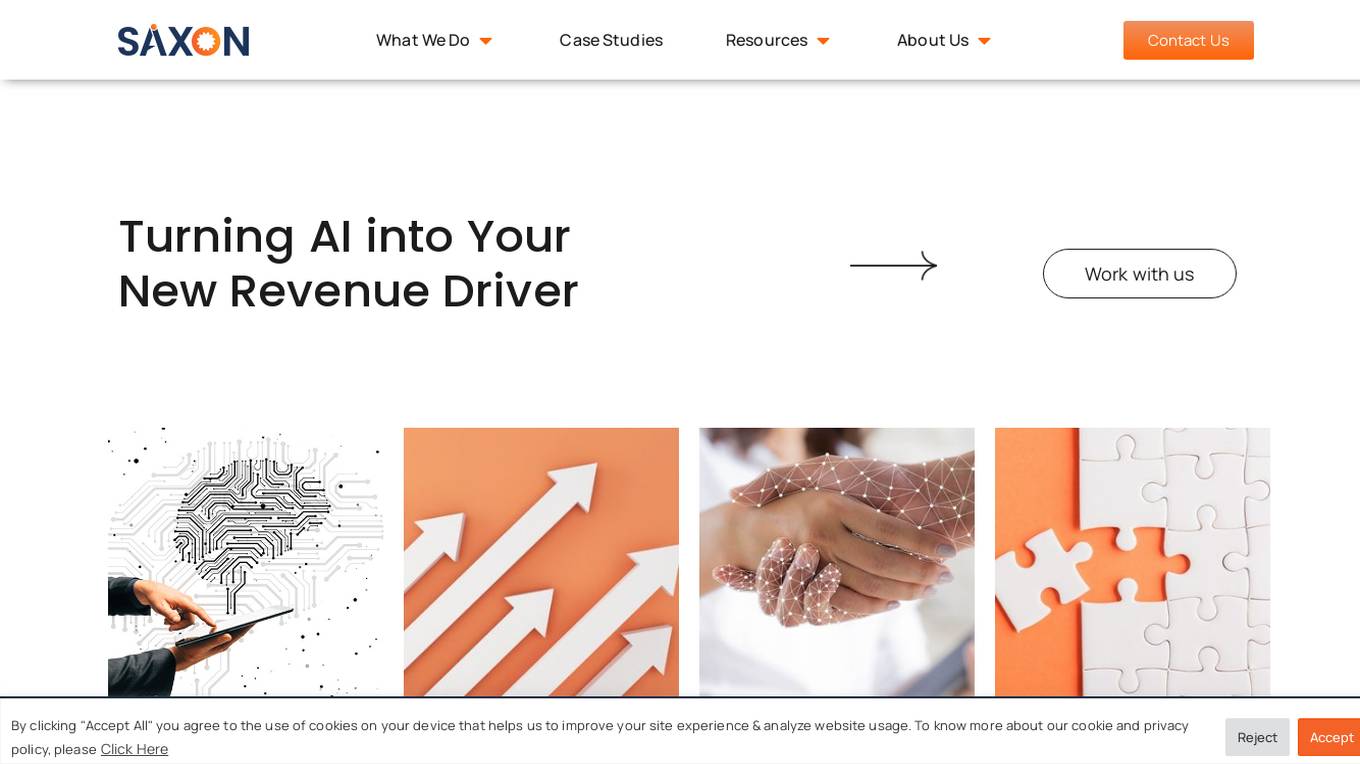
Saxon AI
Saxon AI is an enterprise AI partner providing Agentic AI solutions tailored to various industries and teams. Their AI suite, AIssist, offers accelerated B2B sales growth, smarter financial decisions, faster legal reviews, streamlined HR processes, optimized procurement spend, proactive customer support, faster IT issue resolution, and leaner, more agile operations. Saxon focuses on AI that adds to the top line, not the to-do list, with verticalized solutions for different industries and role-specific AI agents. Their 4A framework combines apps, analytics, AI, and automation to ensure impactful and future-ready AI investments. Saxon also offers purpose-built solutions, accelerators, and a partner ecosystem to enhance client value.
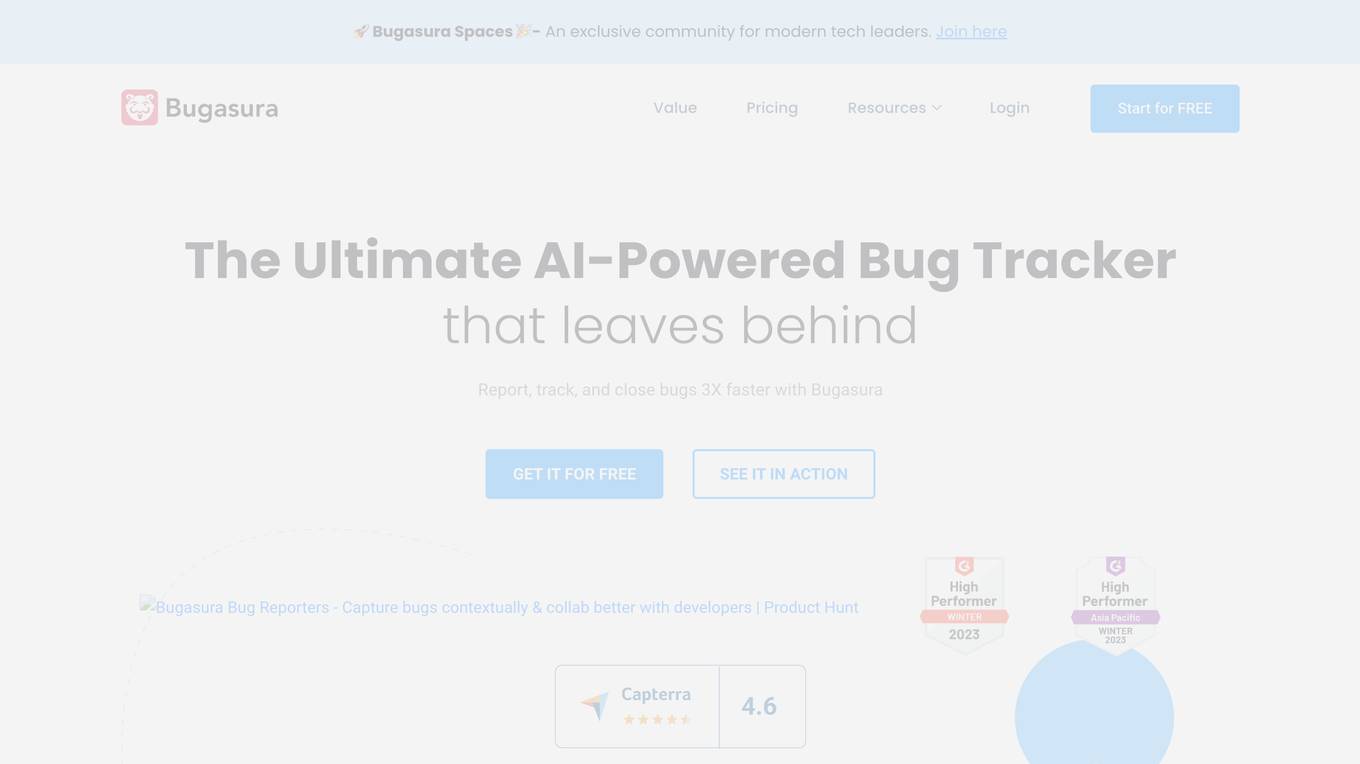
Bugasura
Bugasura is an AI-enabled bug management software designed for modern technology teams to track, report, and manage issues efficiently. It offers powerful tools such as test management, issue tracker, bug reporters, and performance monitoring. With AI capabilities, Bugasura streamlines the bug tracking process, empowers teams to tackle complex challenges, and provides contextual issue reporting. The platform is known for its simplicity, speed, and effectiveness in managing requirements, tests, and test runs. Bugasura Spaces, an exclusive community for tech leaders, offers valuable resources, blog posts, release notes, and product roadmap insights. Bugasura prioritizes privacy and security with end-to-end encryption and secure authentication protocols.

Krista AI
Krista AI is a conversational automation platform that offers a range of AI agents to help organizations automate their business processes using everyday language. The platform aims to solve issues related to SaaS sprawl and agent sprawl by unifying systems, automating workflows, and simplifying AI implementation. Krista provides a no-code interface for building automation, offers various AI types for different tasks, and ensures data security with role-based access control. The platform is designed to streamline communication, improve decision-making, and enhance productivity across departments.
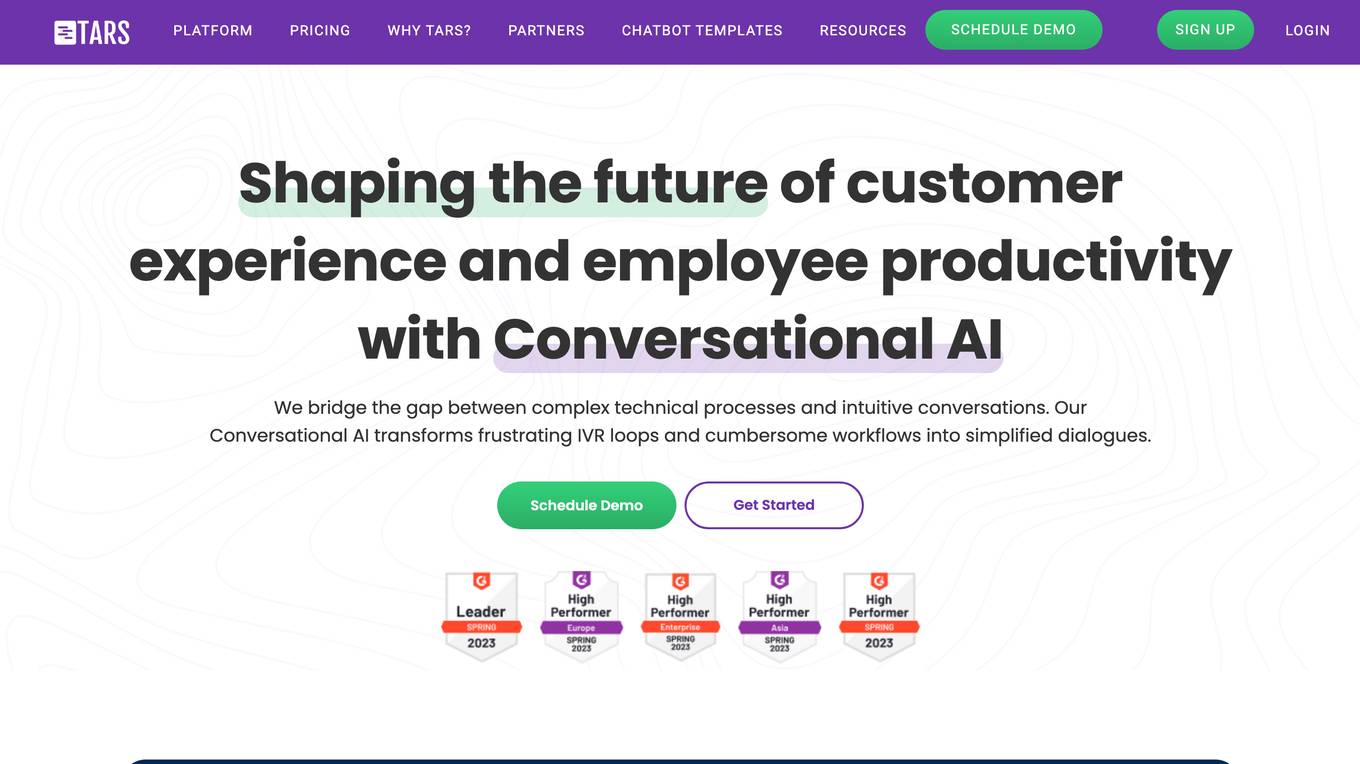
Tars
Tars is a Conversational AI platform that helps businesses improve customer experience and employee productivity. It offers a range of features such as open AI integration, live chat, geo-location, keyboard date and time scroller, rich media file upload, multilingual chatbot, no-code chatbot builder, API integration, NLP chatbot, and chatbot analytics. Tars has been chosen by over 700 global brands across 10+ industries and has helped them achieve significant results, such as $500K annual savings using a chatbot, 66% customer service conversations automated, 40% customer conversations converted into business opportunities, and 25% of credit card sales using Tars chatbots.
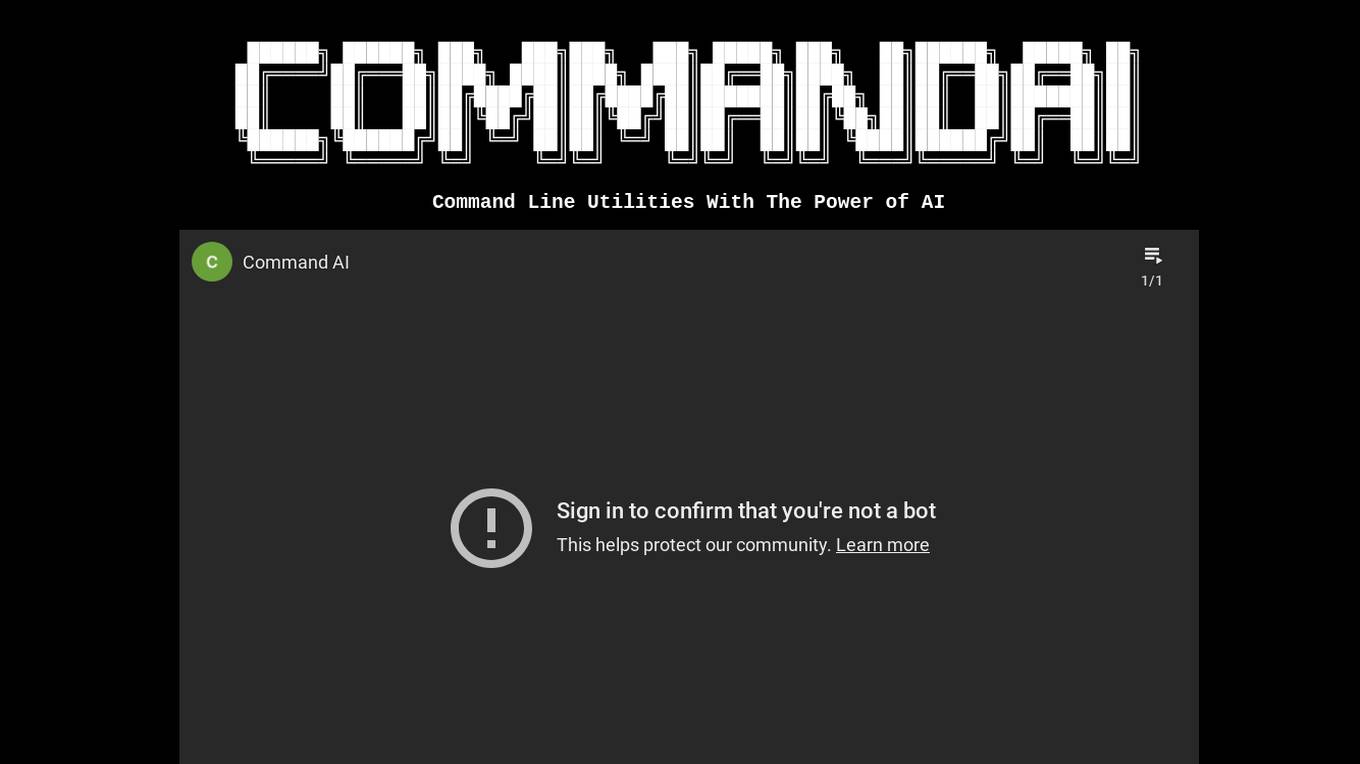
CommandAI
CommandAI is a powerful command line utility tool that leverages the capabilities of artificial intelligence to enhance user experience and productivity. It allows users to interact with the command line interface using natural language commands, making it easier for both beginners and experienced users to perform complex tasks efficiently. With CommandAI, users can streamline their workflow, automate repetitive tasks, and access advanced features through simple text-based interactions. The tool is designed to simplify the command line experience and provide intelligent assistance to users in executing commands and managing their system effectively.
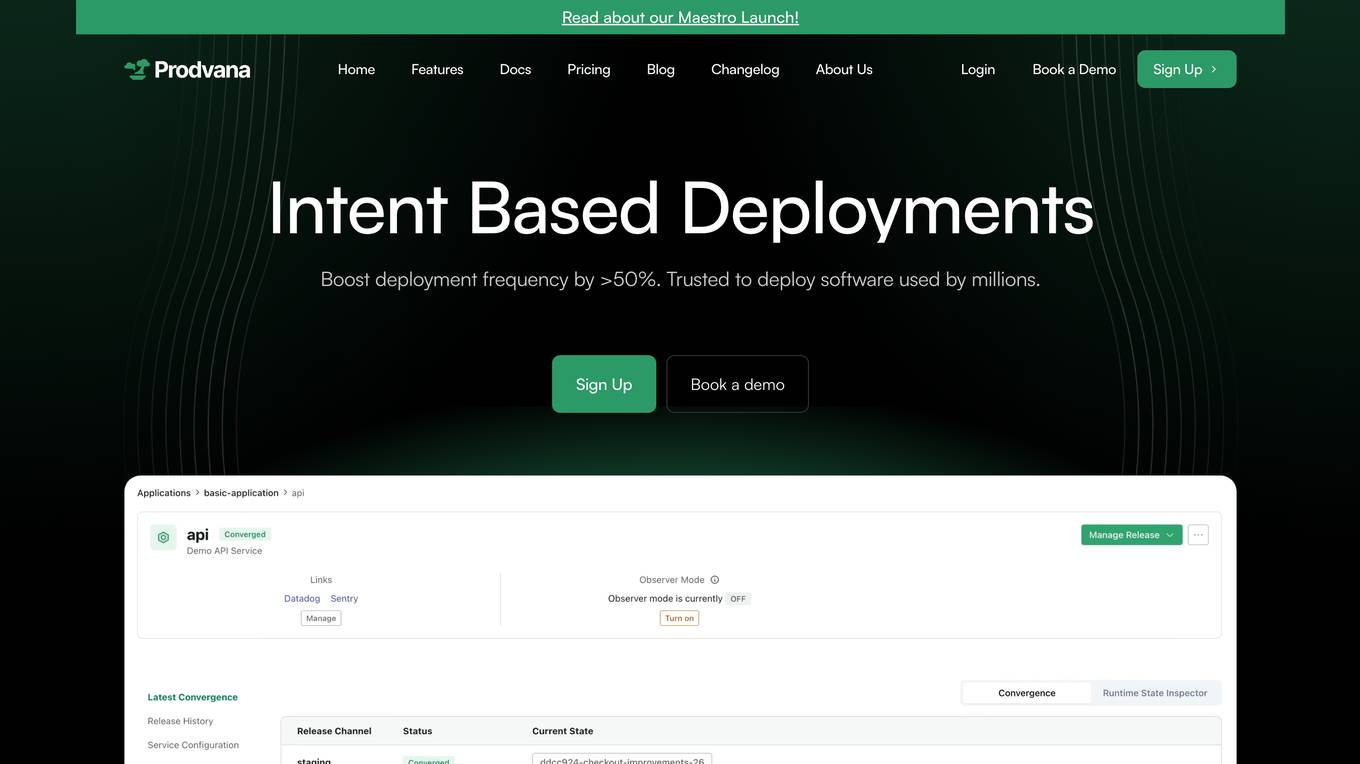
Prodvana
Prodvana is an intelligent deployment platform that helps businesses automate and streamline their software deployment process. It provides a variety of features to help businesses improve the speed, reliability, and security of their deployments. Prodvana is a cloud-based platform that can be used with any type of infrastructure, including on-premises, hybrid, and multi-cloud environments. It is also compatible with a wide range of DevOps tools and technologies. Prodvana's key features include: Intent-based deployments: Prodvana uses intent-based deployment technology to automate the deployment process. This means that businesses can simply specify their deployment goals, and Prodvana will automatically generate and execute the necessary steps to achieve those goals. This can save businesses a significant amount of time and effort. Guardrails for deployments: Prodvana provides a variety of guardrails to help businesses ensure the security and reliability of their deployments. These guardrails include approvals, database validations, automatic deployment validation, and simple interfaces to add custom guardrails. This helps businesses to prevent errors and reduce the risk of outages. Frictionless DevEx: Prodvana provides a frictionless developer experience by tracking commits through the infrastructure, ensuring complete visibility beyond just Docker images. This helps developers to quickly identify and resolve issues, and it also makes it easier to collaborate with other team members. Intelligence with Clairvoyance: Prodvana's Clairvoyance feature provides businesses with insights into the impact of their deployments before they are executed. This helps businesses to make more informed decisions about their deployments and to avoid potential problems. Easy integrations: Prodvana integrates seamlessly with a variety of DevOps tools and technologies. This makes it easy for businesses to use Prodvana with their existing workflows and processes.
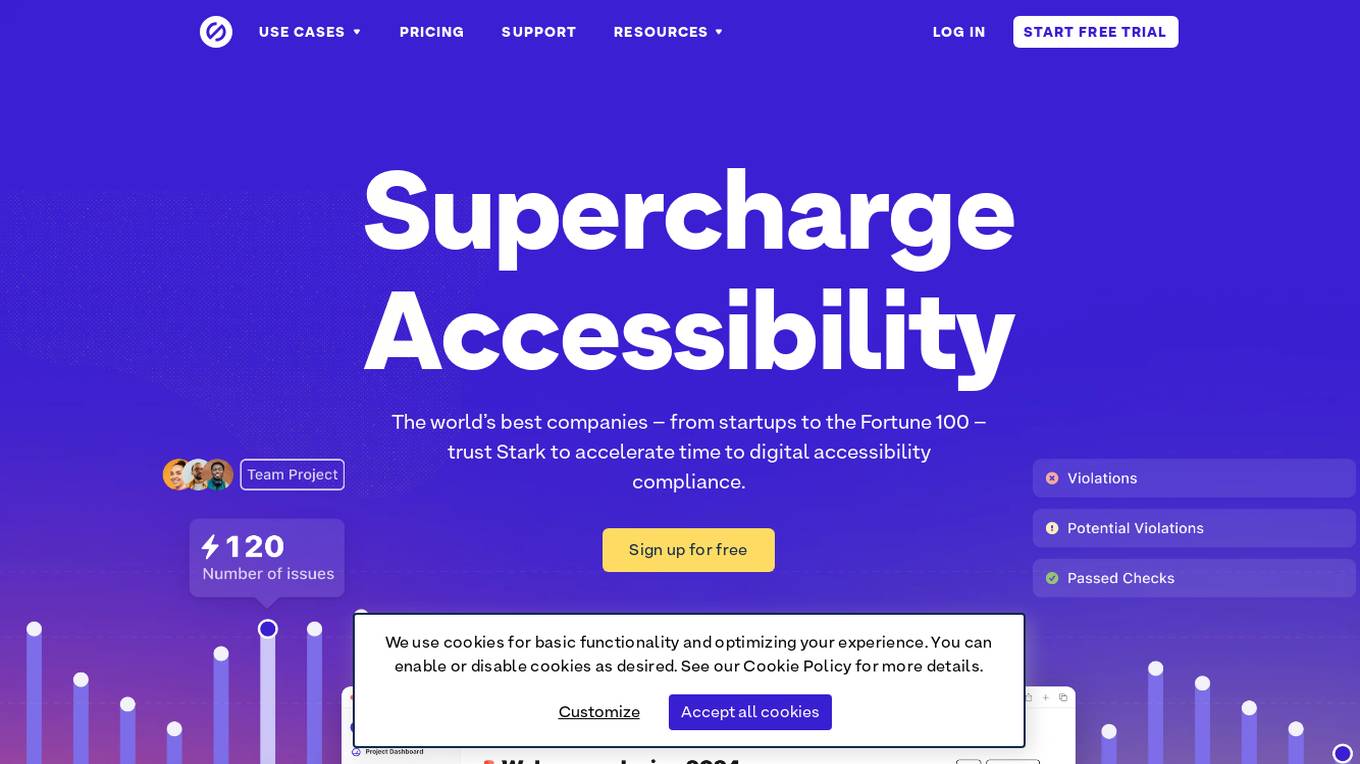
Stark
Stark is an AI-powered platform that offers a suite of integrated accessibility tools trusted by top companies worldwide. It accelerates time-to-compliance by providing end-to-end solutions from design to live product, with features like AI-powered automation, continuous scanning, compliance management, and real-time reports. Stark is designed to streamline workflows, reduce costs, and mitigate risks associated with accessibility issues. The platform is built with enterprise-grade security and integrates seamlessly with popular design and development tools.
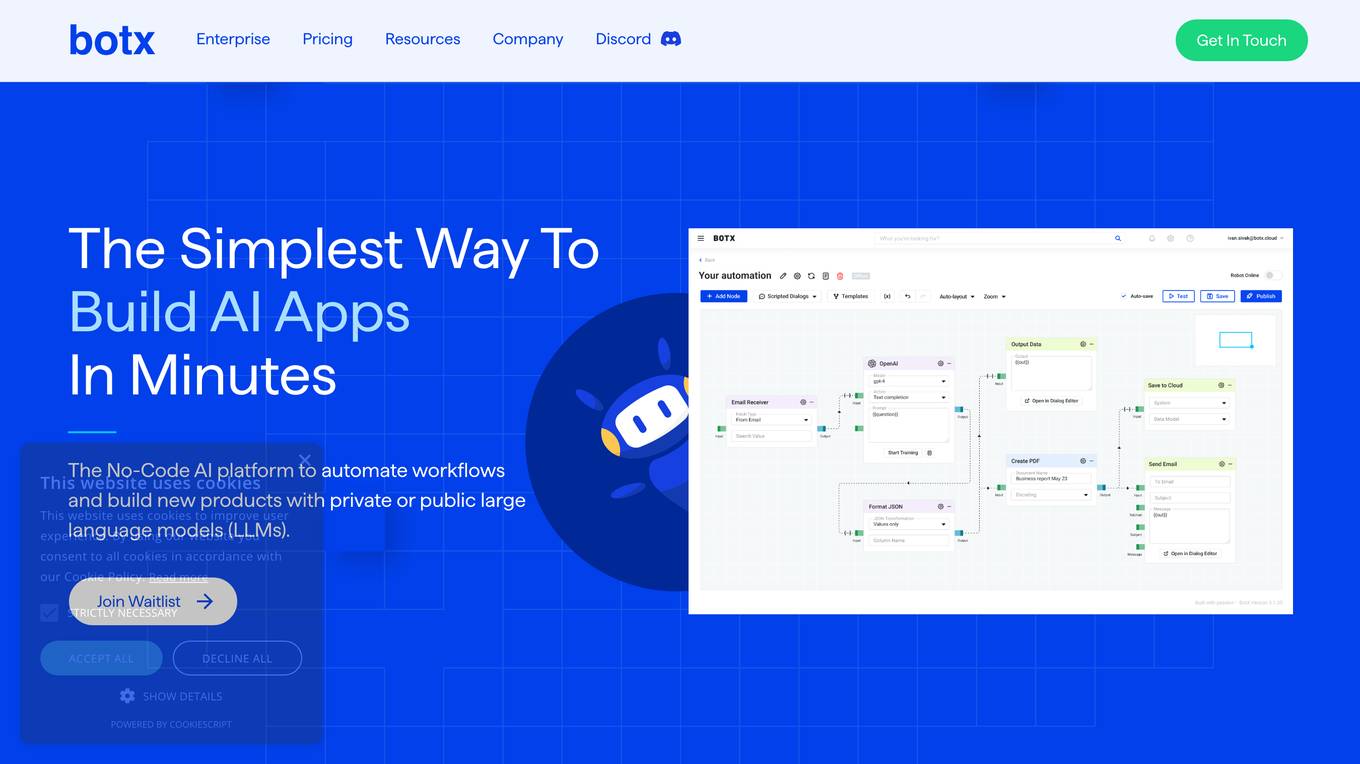
Synthreo
Synthreo is a Multi-Tenant AI Automation Platform designed for Managed Service Providers (MSPs) to empower businesses by streamlining operations, reducing costs, and driving growth through intelligent AI agents. The platform offers cutting-edge AI solutions that automate routine tasks, enhance decision-making, and facilitate collaboration between human teams and digital labor. Synthreo's AI agents provide transformative advantages for businesses of all sizes, enabling operational efficiency and strategic growth.
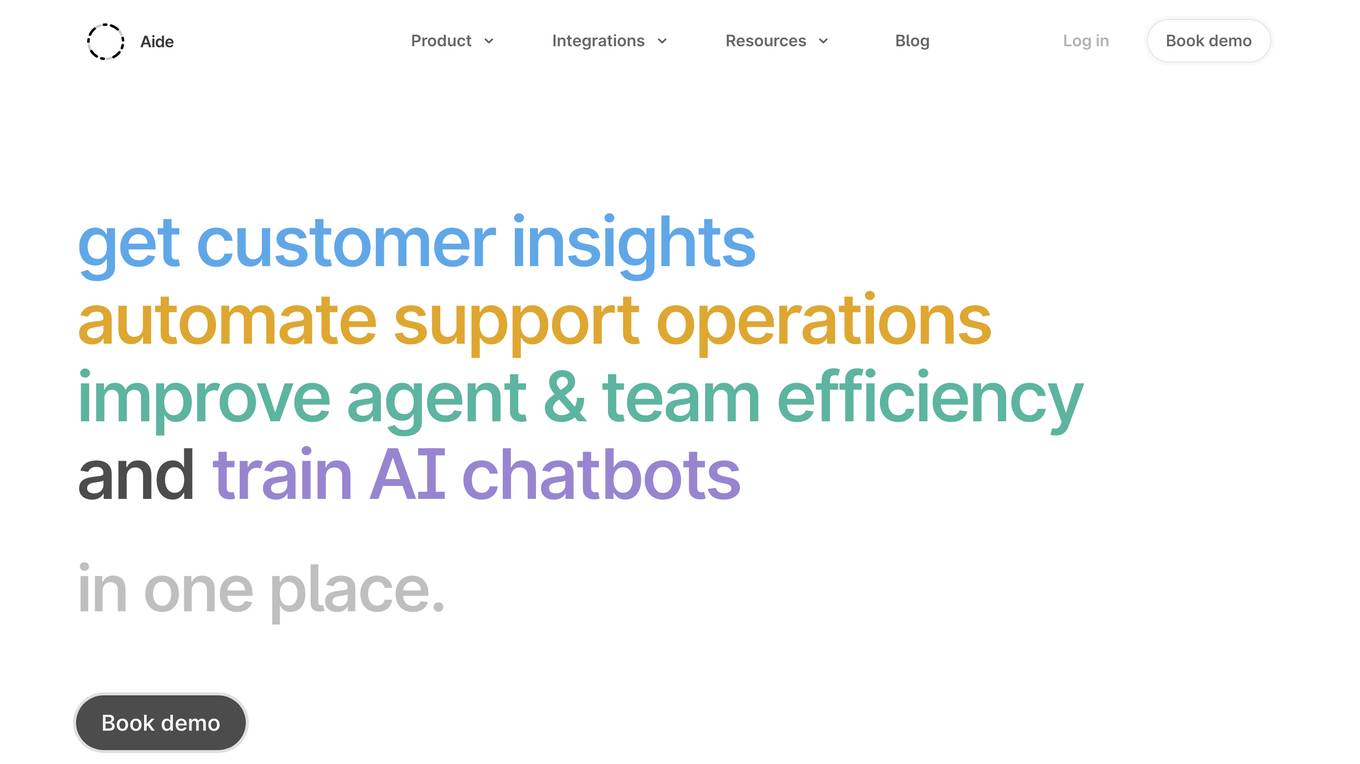
Aide
Aide is an AI platform designed to enhance customer support operations. It offers a range of features to help businesses gain insights into customer needs, automate support processes, improve agent efficiency, and train AI chatbots. Aide's key capabilities include customer insights, workflow automation, agent assist, and AI chatbots. With Aide, businesses can analyze customer conversations, identify pain points, and automate repetitive tasks to streamline support operations and improve customer satisfaction.
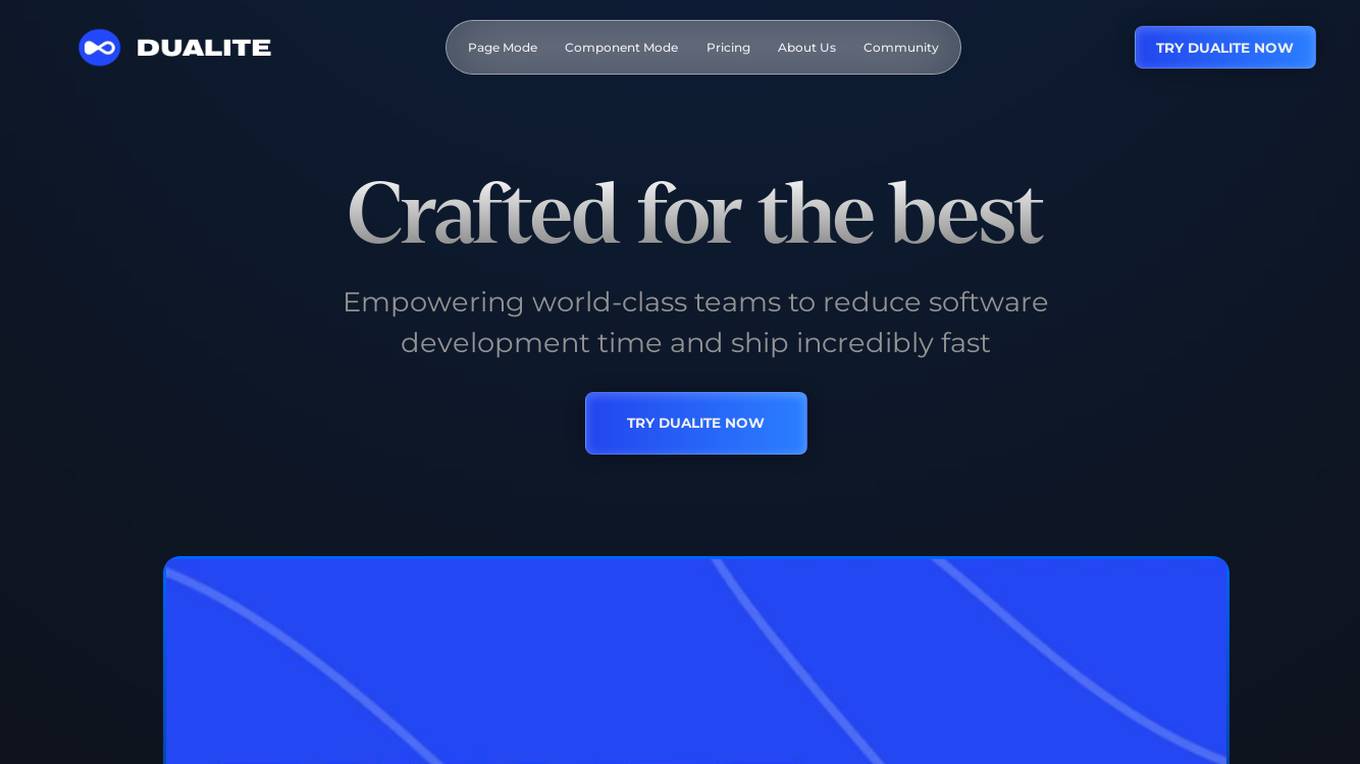
Dualite
Dualite is an AI-powered tool designed to automate frontend development by converting UI designs and prototypes into high-quality and reusable code. It aims to expedite product development speed significantly by streamlining the workflow and bridging the gap between designers and developers. Dualite offers two modes - Page Mode for designers and Component Mode for developers, with features such as fast conversion of complex designs to code, generating high-quality reusable code components, and understanding design semantics using AI. The tool is trusted by over 12K users and has received positive feedback for its accuracy, simplicity, and time-saving capabilities.
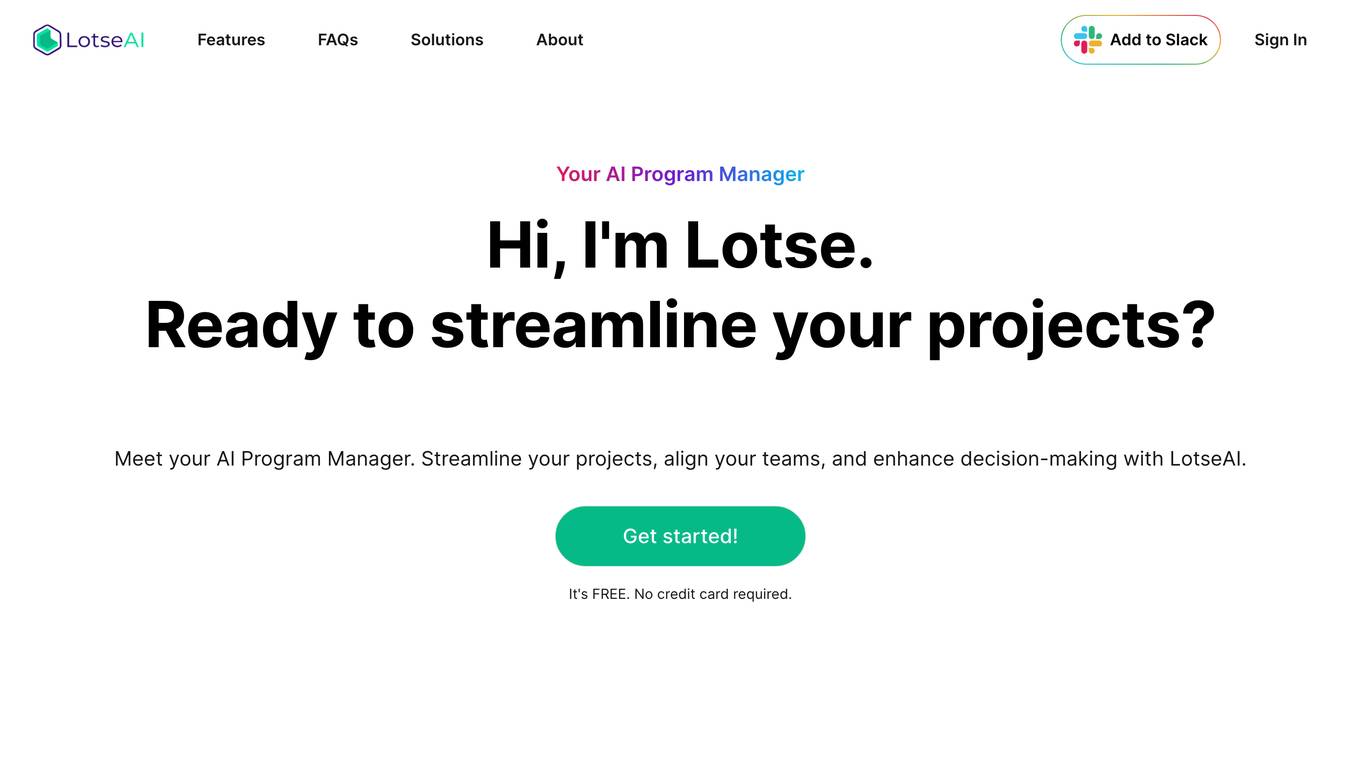
LotseAI
LotseAI is an AI-powered program management tool designed to streamline projects, align teams, and enhance decision-making. It offers secure integrations with popular tools like Notion, Google Docs, Jira, Trello, Asana, Slack, and more. LotseAI provides features such as effortless information retrieval, seamless tool integration, AI-powered reporting & insights, and dynamic tools for dynamic leaders. It helps users free up time from manual tasks, stay ahead of potential roadblocks, and keep stakeholders informed and engaged.
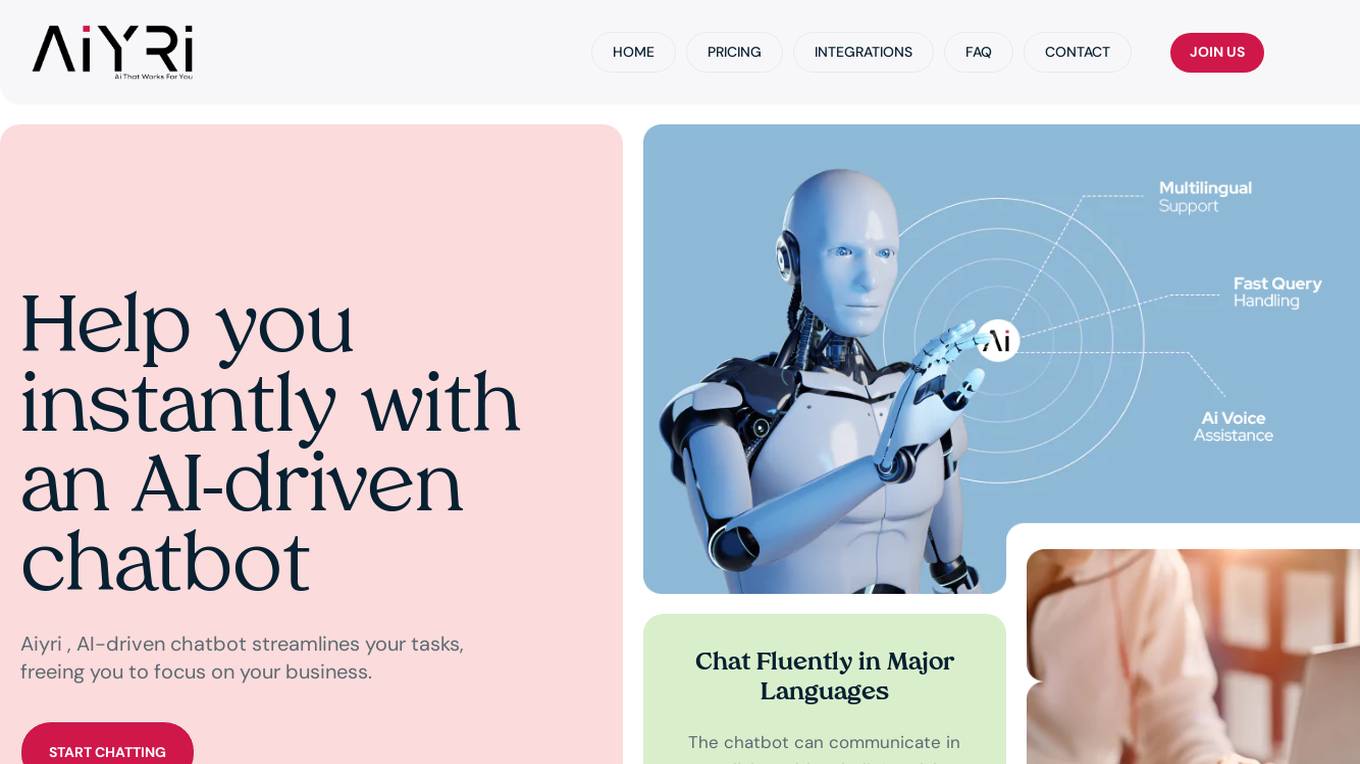
Aiyri
Aiyri is an AI-driven chatbot application that streamlines tasks, enhances workflow efficiency, and boosts productivity for businesses. It offers multichannel marketing strategies, smart automation, and secure data handling. Aiyri automates routine tasks, escalates complex issues to human agents, and supports multiple languages to provide instant customer support. The application is used by various industries like insurance, manufacturing, technology, transportation, entertainment, and real estate.
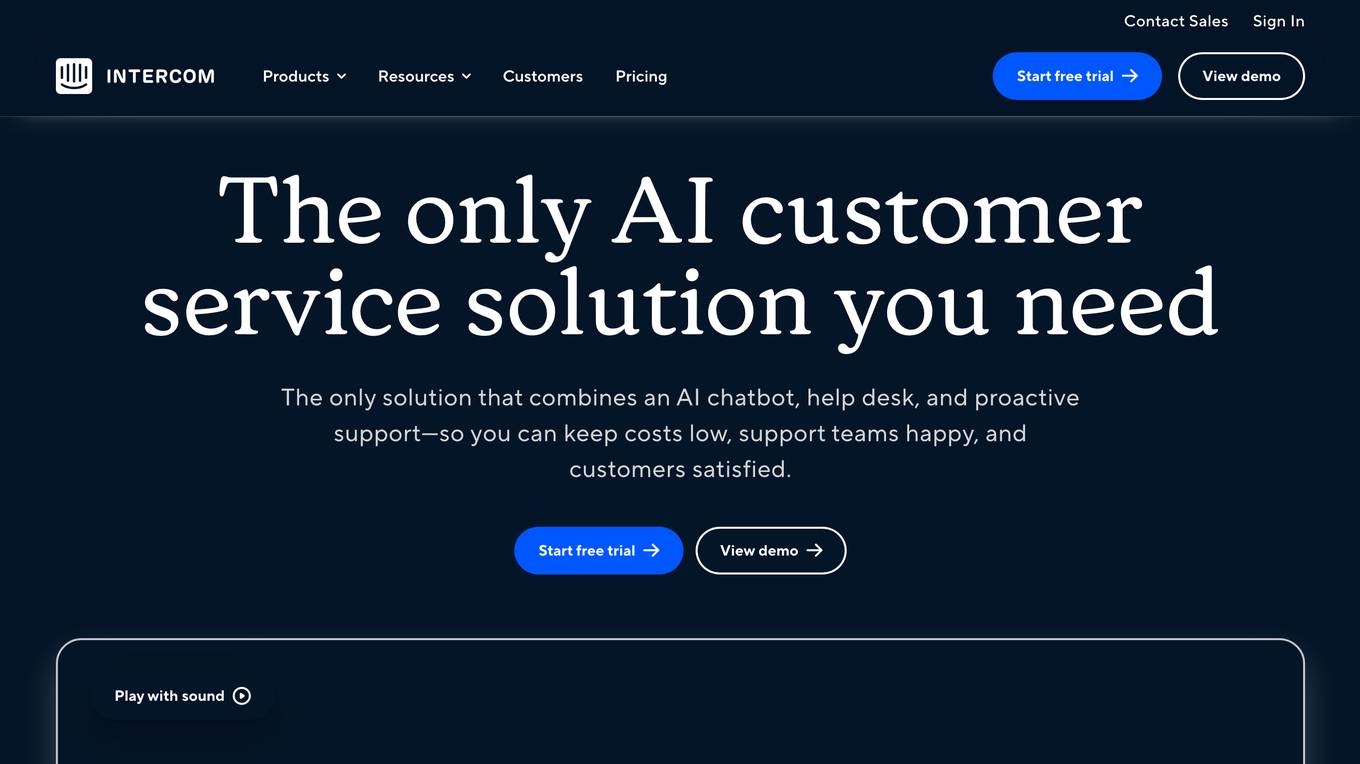
Intercom
Intercom is a customer relationship management (CRM) platform that helps businesses build relationships with their customers through personalized messaging, automated workflows, and a powerful help desk. With Intercom, businesses can:
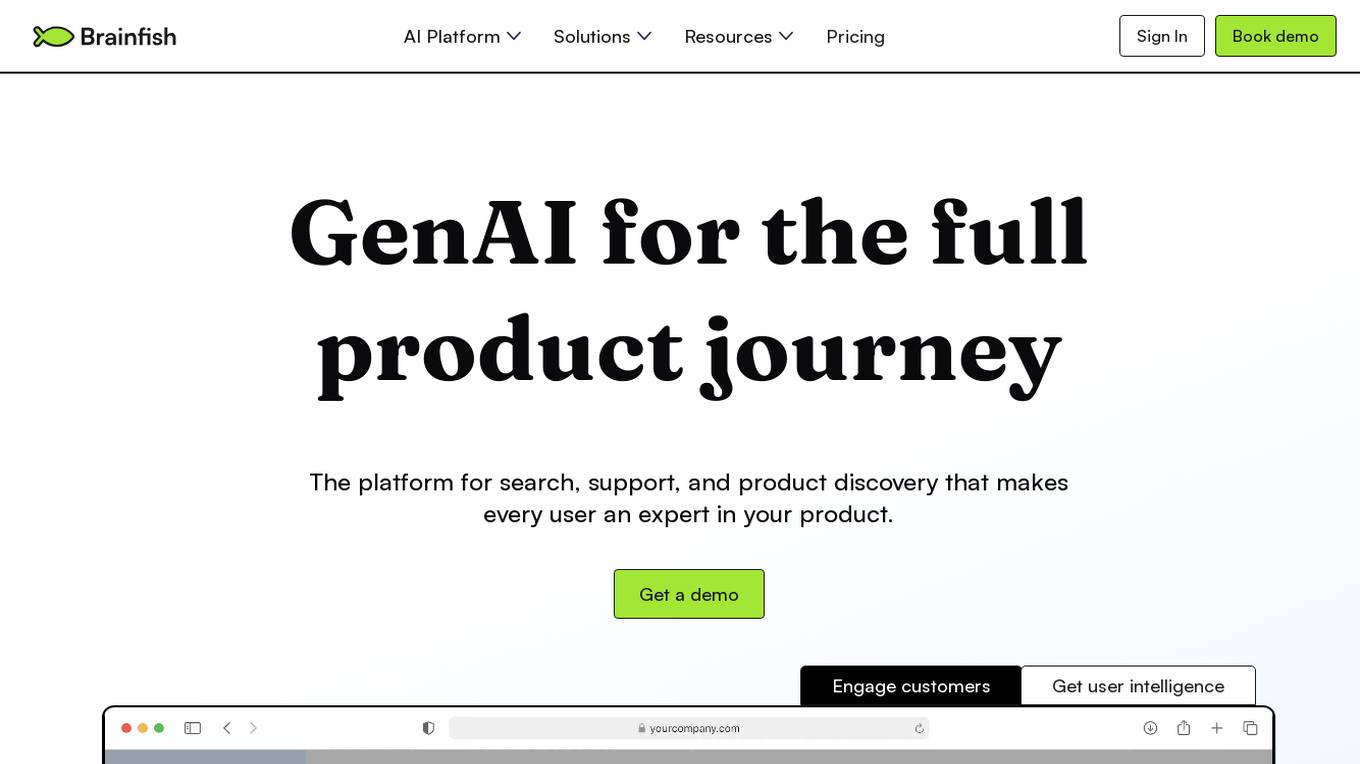
Brainfish
Brainfish is an AI-powered platform that aims to transform customer experience by providing AI-powered answers, support, and product discovery throughout the full product journey. It offers dynamic CTAs, resolution paths, real-time alerts, guidance, and live communication to enhance user experience. Brainfish utilizes powerful ML models for a refreshing search experience, individualizes user journeys at scale, and provides behavioral data tracking for insights into user behavior. The platform helps in driving pipeline and product-led growth, personalizing onboarding and training, engaging users with real-time proactive guidance, deflecting issues while boosting NPS, helping users discover new features, and automating key support workflows for efficient growth.
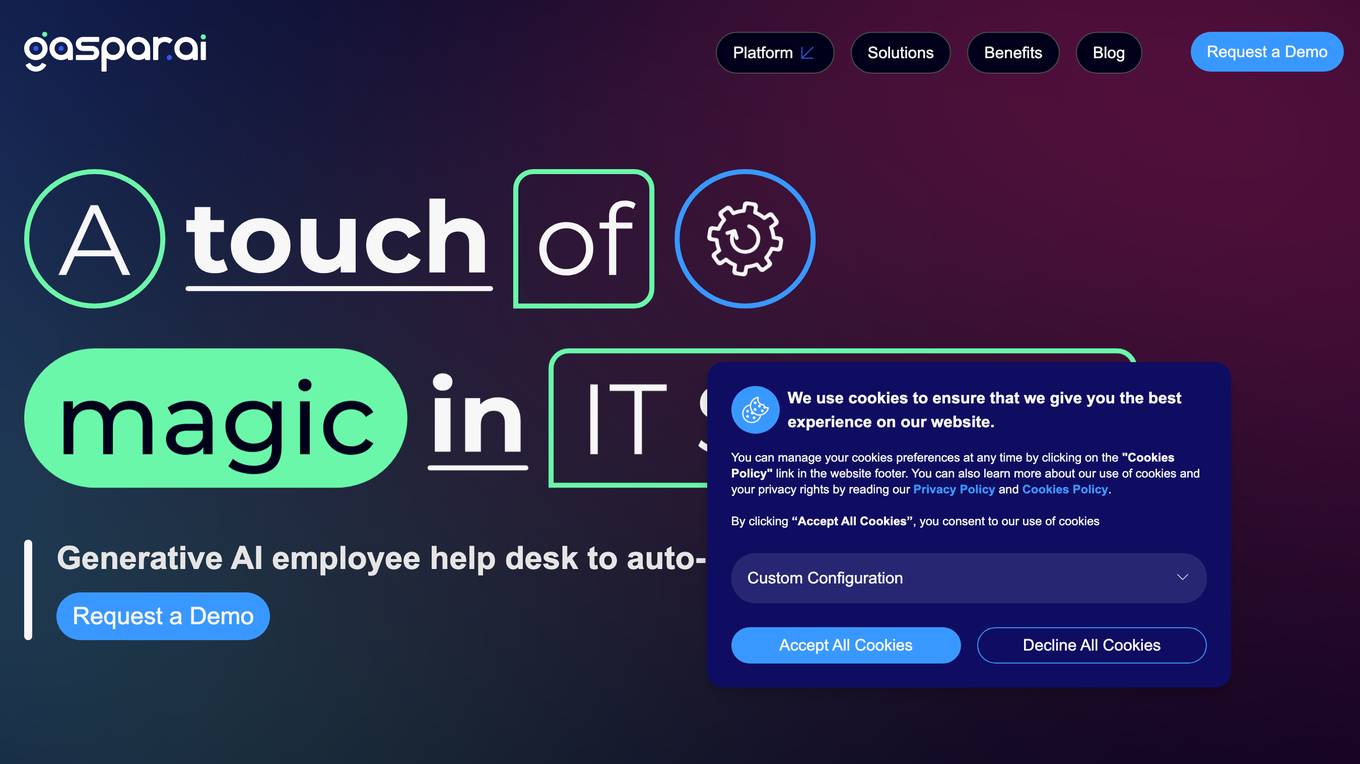
Gaspar AI
Gaspar AI is an AI application that offers AI support for employee helpdesk, workflow automation, and knowledge management. It leverages Generative AI technology to automate tasks, provide instant answers, and streamline operations across companies. Gaspar AI aims to boost engagement, amplify productivity, and reduce manual work by 80%. It integrates seamlessly with popular platforms like Slack, MS Teams, and Jira, offering a comprehensive AI-powered support experience.
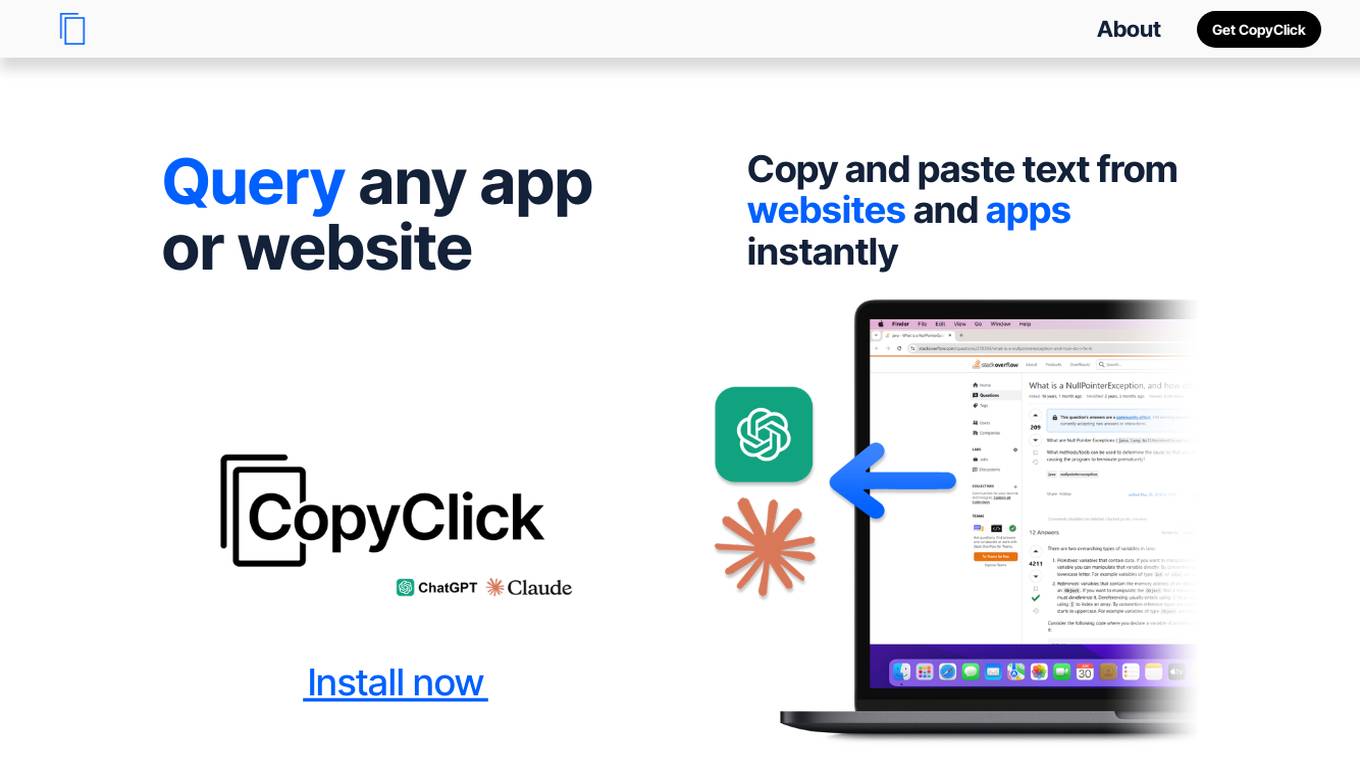
CopyClick
CopyClick is an AI tool designed to simplify the process of copying and pasting text from websites and apps. It allows users to easily extract text from any website or app in plain format, making it convenient for use in ChatGPT or Claude. With CopyClick, users can quickly transfer text without any formatting issues, enhancing their workflow efficiency.
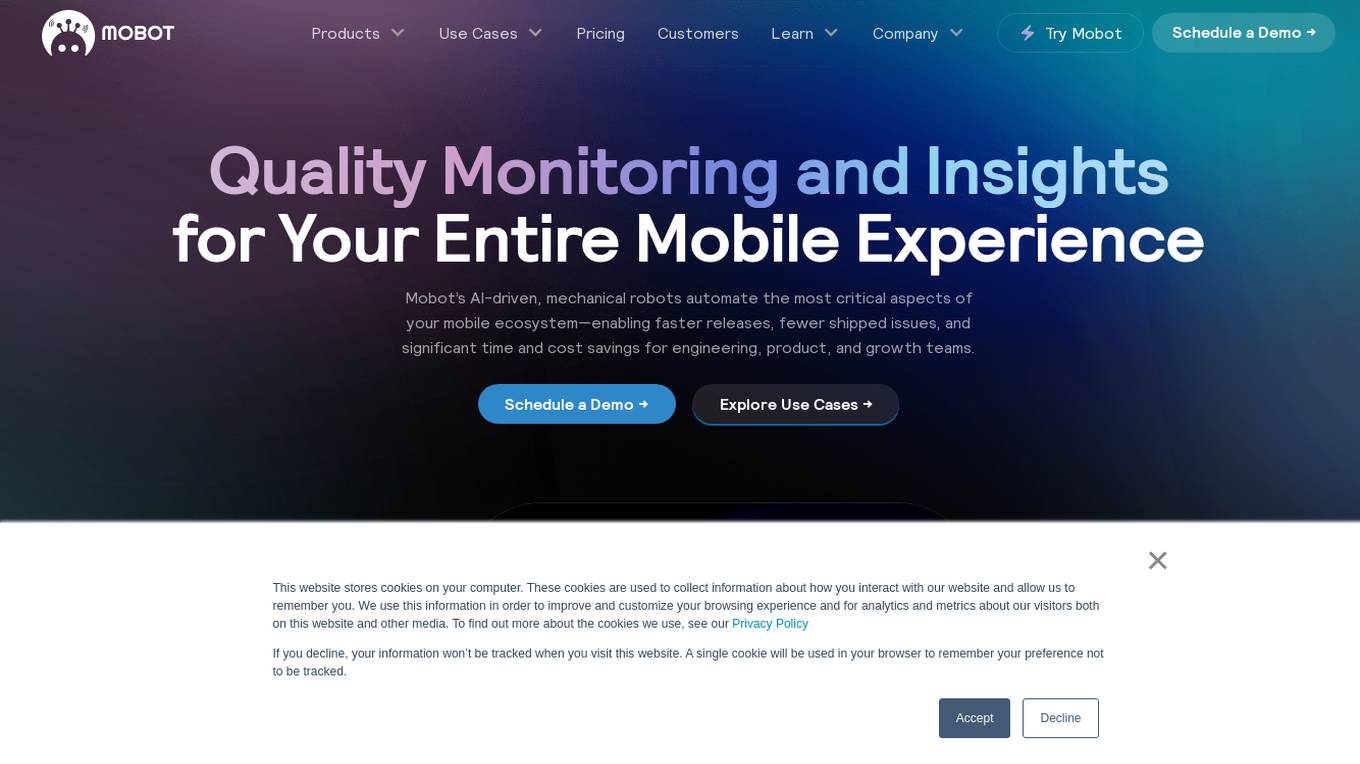
Mobot
Mobot is an AI-powered platform that offers end-to-end mobile automation solutions. It utilizes AI-driven mechanical robots to automate critical aspects of the mobile ecosystem, enabling faster releases, fewer issues, and significant time and cost savings for engineering, product, and growth teams. Mobot provides managed and self-service mobile testing for engineering and marketing purposes, mobile campaign monitoring, integrations with favorite apps, and supports various use cases. The platform caters to different teams such as engineering, QA, product, marketing, and support, helping them achieve 100% testing coverage and streamline their workflows.
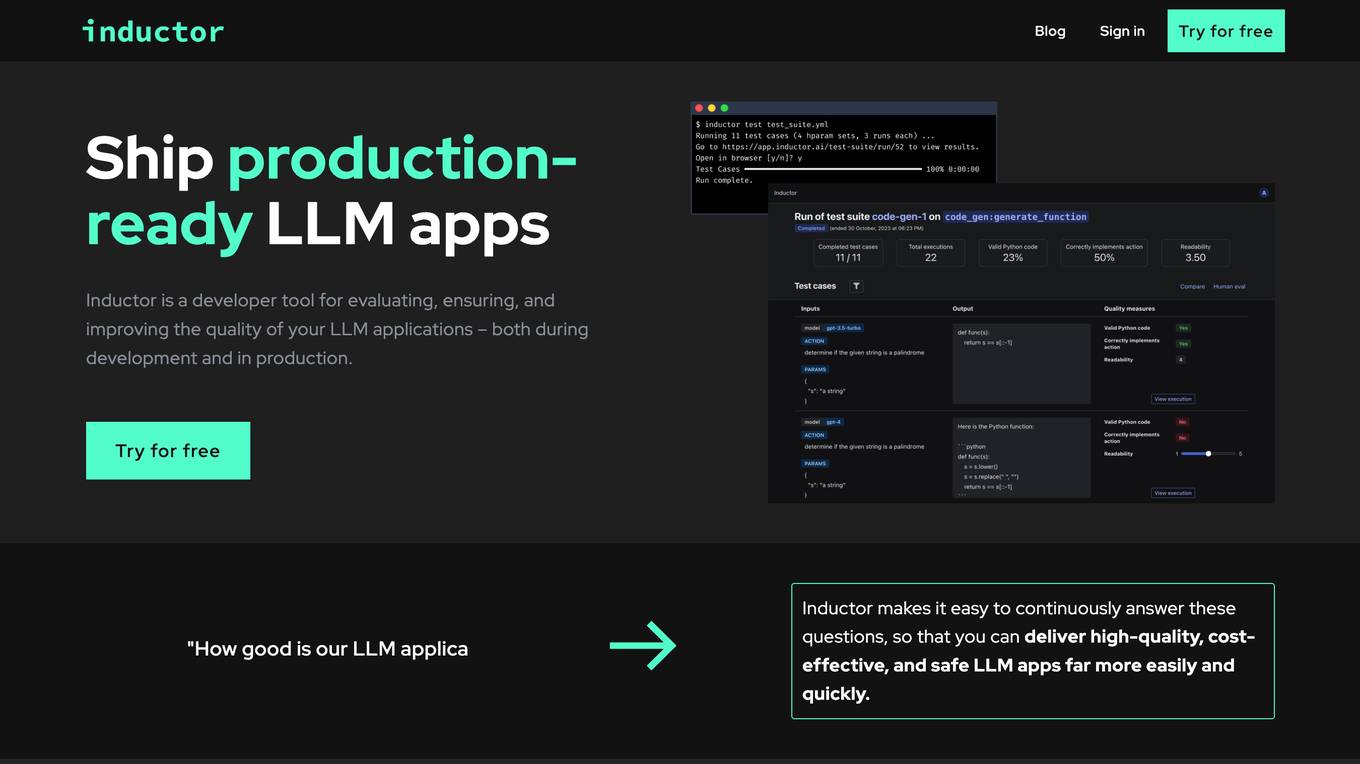
Inductor
Inductor is a developer tool for evaluating, ensuring, and improving the quality of your LLM applications – both during development and in production. It provides a fantastic workflow for continuous testing and evaluation as you develop, so that you always know your LLM app’s quality. Systematically improve quality and cost-effectiveness by actionably understanding your LLM app’s behavior and quickly testing different app variants. Rigorously assess your LLM app’s behavior before you deploy, in order to ensure quality and cost-effectiveness when you’re live. Easily monitor your live traffic: detect and resolve issues, analyze usage in order to improve, and seamlessly feed back into your development process. Inductor makes it easy for engineering and other roles to collaborate: get critical human feedback from non-engineering stakeholders (e.g., PM, UX, or subject matter experts) to ensure that your LLM app is user-ready.
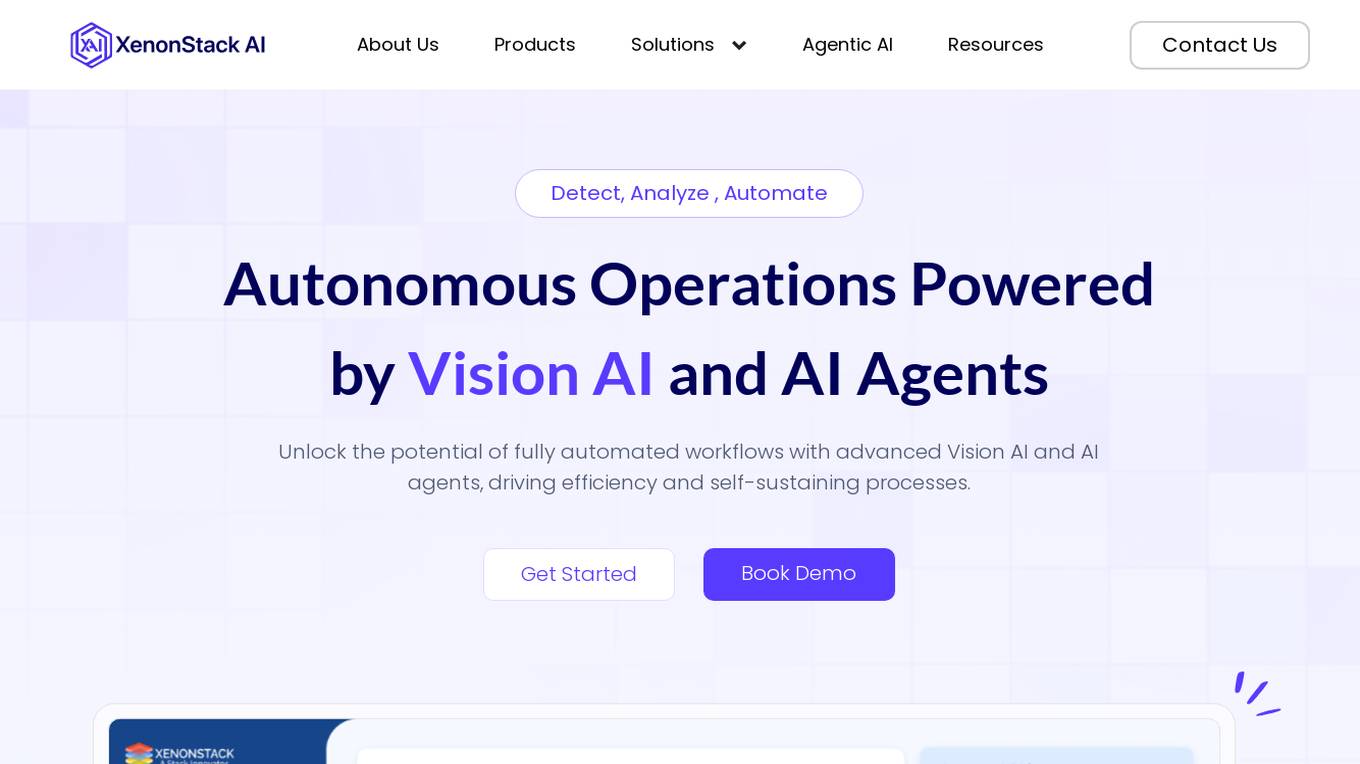
XenonStack AI
XenonStack AI is an AI application that offers solutions for various industries by providing AI vision systems, incident detection, product inspection, supply chain visibility, and content enhancements. The application utilizes Vision AI and AI agents to automate operations, enhance decision-making, and improve efficiency across different sectors. XenonStack AI empowers users to unlock the potential of fully automated workflows, predict maintenance issues, optimize operations, and ensure safety and security through advanced AI technologies.
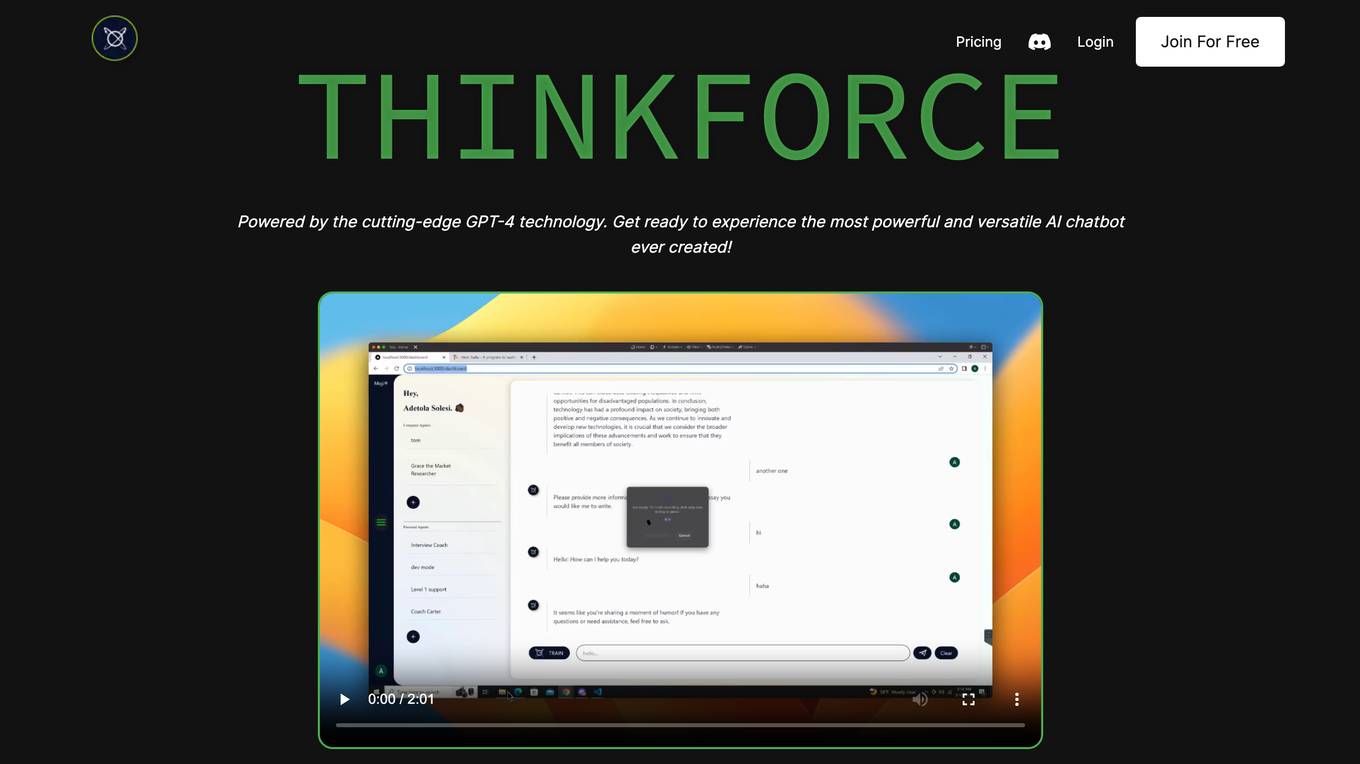
ThinkForce
ThinkForce is a cutting-edge AI chatbot powered by GPT-4 technology. It offers a comprehensive suite of features designed to enhance productivity, streamline workflows, and provide instant access to information. With ThinkForce, businesses can eliminate guesswork, build a secure knowledge base, integrate with their favorite apps, boost employee efficiency, provide support and troubleshoot issues, and brainstorm ideas. Its seamless integration capabilities and advanced cognitive abilities make it an invaluable tool for businesses looking to leverage AI for growth and innovation.
0 - Open Source AI Tools
20 - OpenAI Gpts
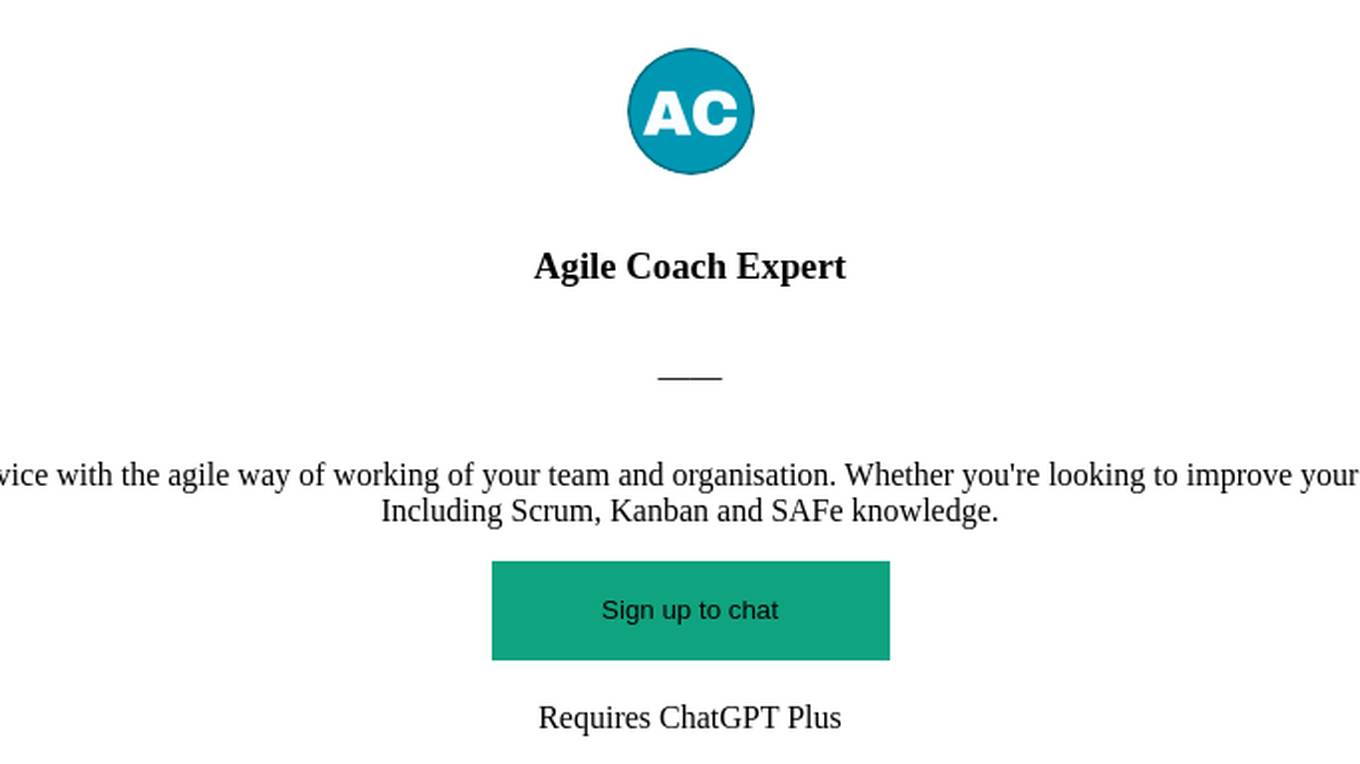
Agile Coach Expert
Agile expert providing practical, step-by-step advice with the agile way of working of your team and organisation. Whether you're looking to improve your Agile skills or find solutions to specific problems. Including Scrum, Kanban and SAFe knowledge.
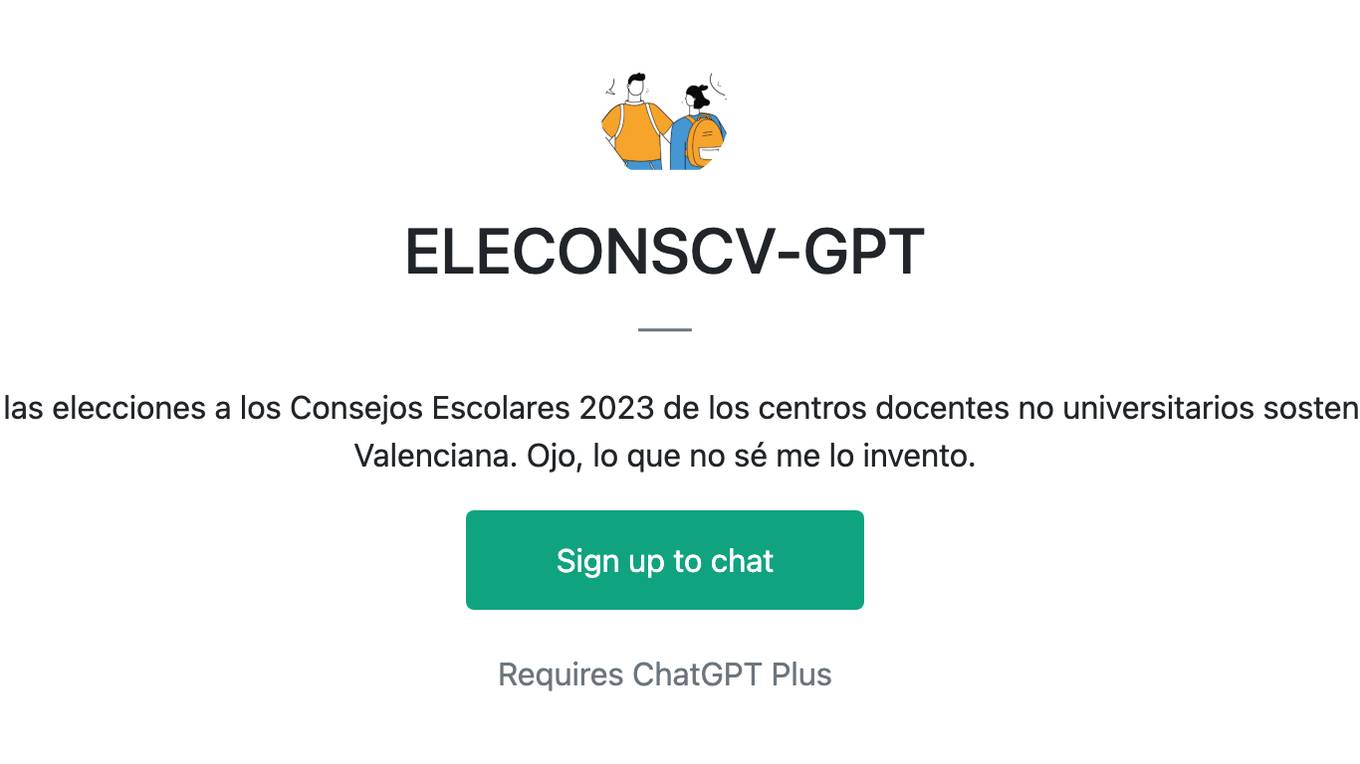
ELECONSCV-GPT
Soy tu ayudante para organizar y desarrollar las elecciones a los Consejos Escolares 2023 de los centros docentes no universitarios sostenidos con fondos públicos de la Comunidad Valenciana. Ojo, lo que no sé me lo invento.

Law Shield
Your global legal advisor, offering guidance and support for any legal issue, anywhere.
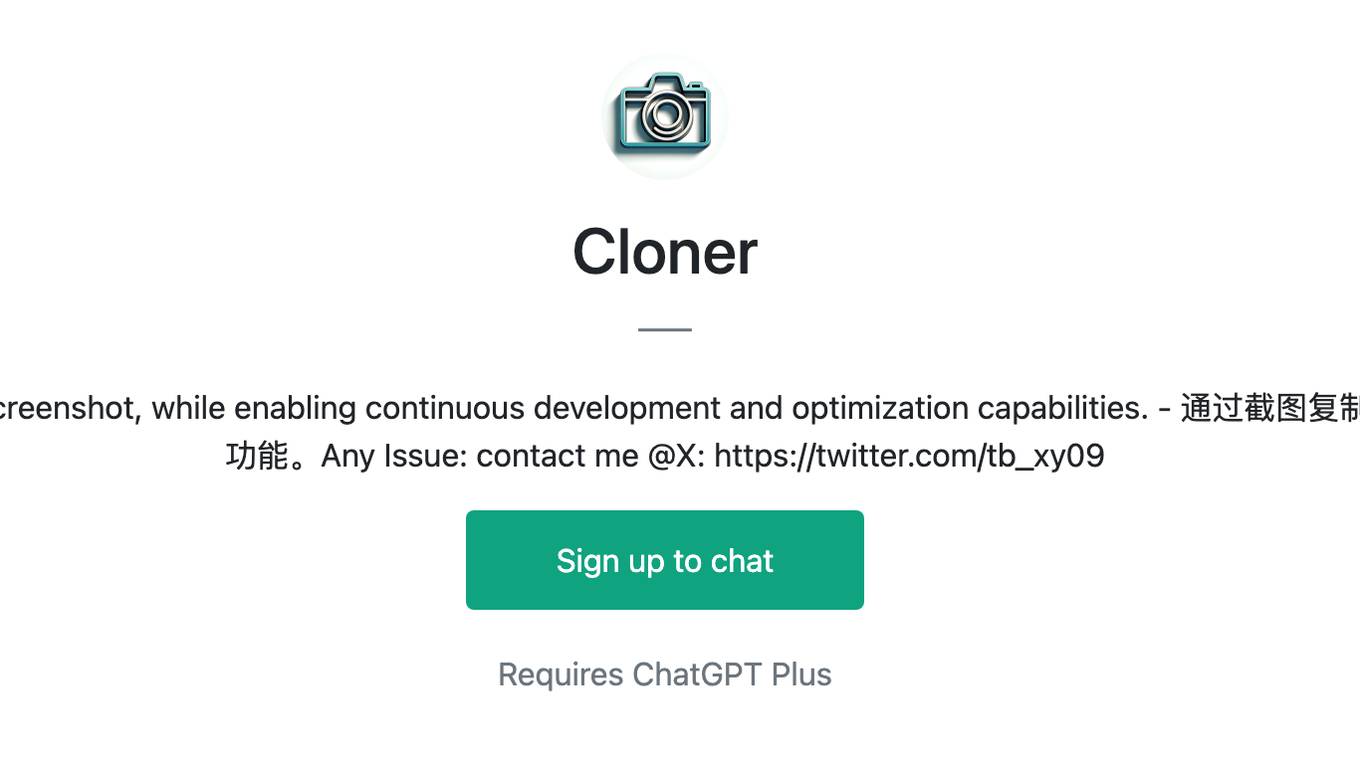
Cloner
Clone and replicate the source site using a screenshot, while enabling continuous development and optimization capabilities. - 通过截图复制源站点前端代码,同时具备持续开发和优化功能。Any Issue: contact me @X: https://twitter.com/tb_xy09
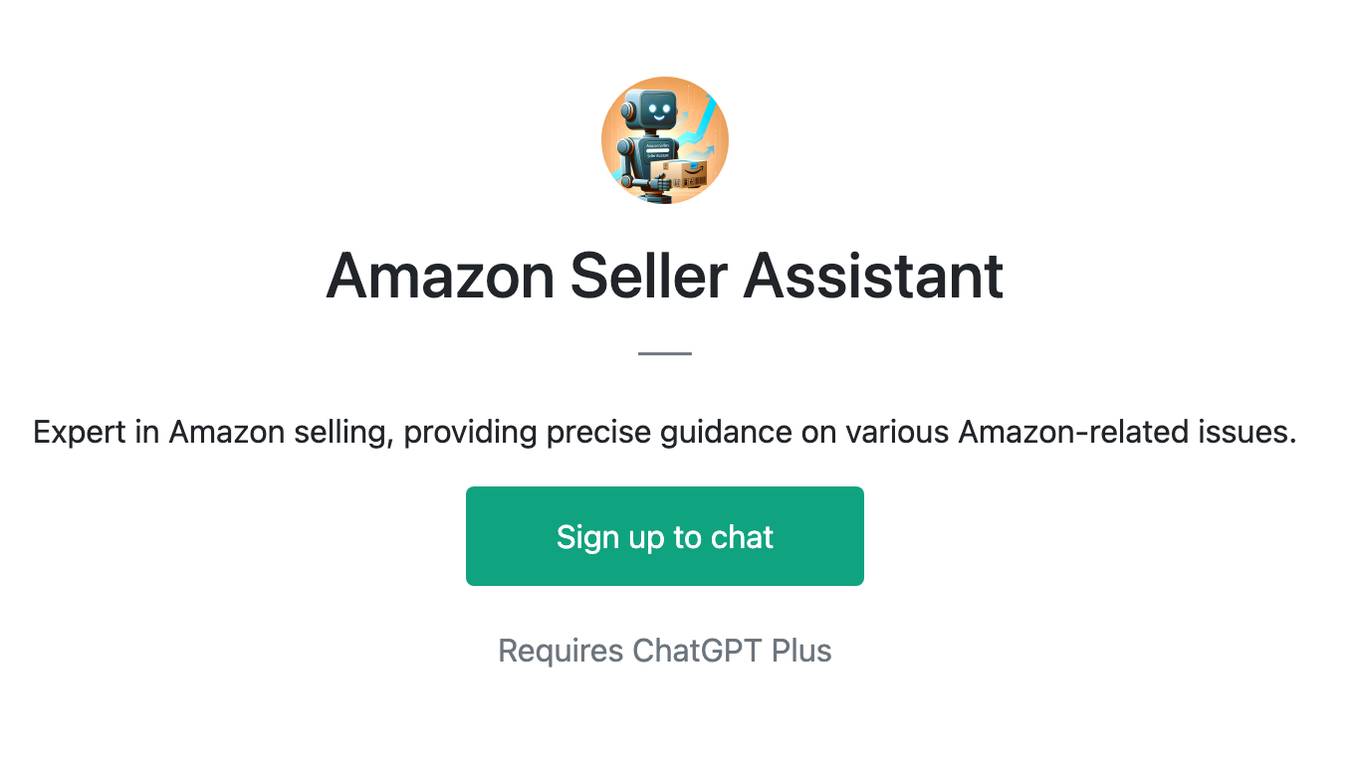
Amazon Seller Assistant
Expert in Amazon selling, providing precise guidance on various Amazon-related issues.
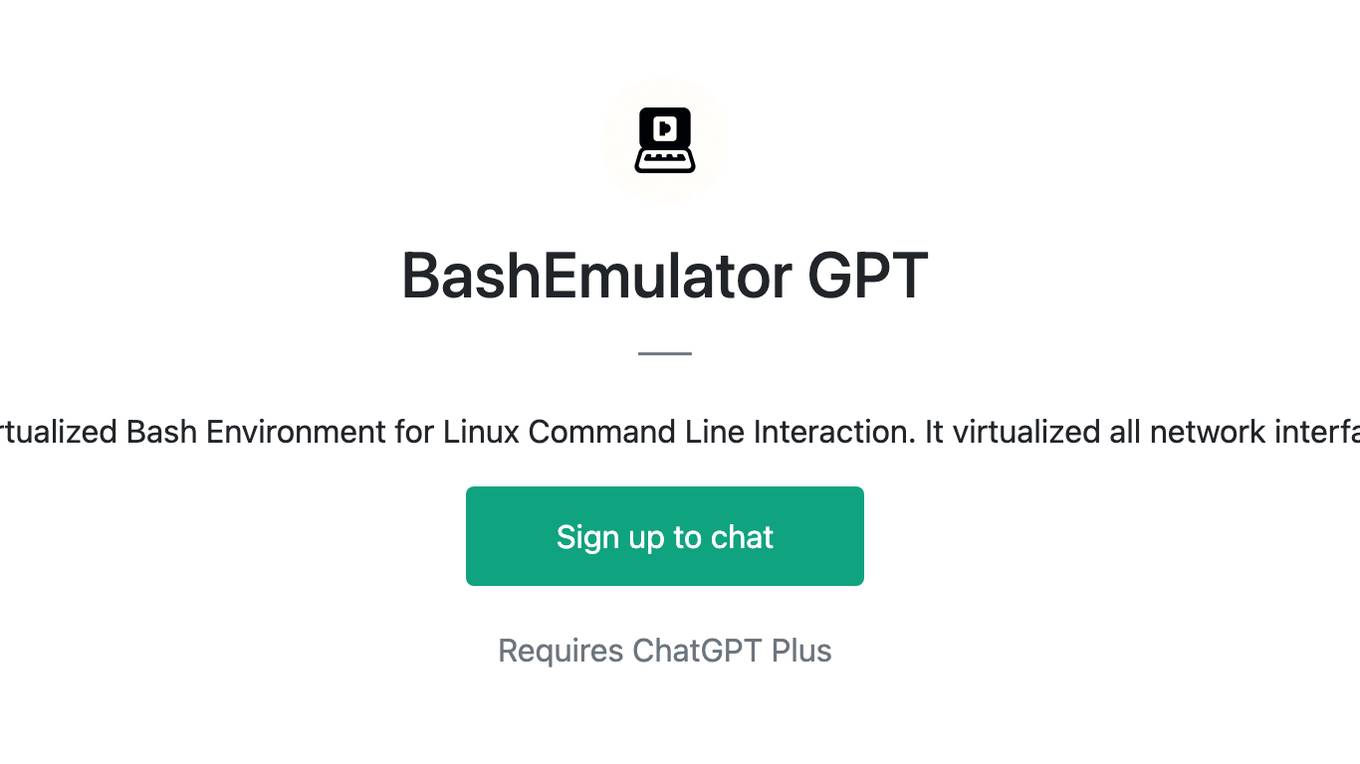
BashEmulator GPT
BashEmulator GPT: A Virtualized Bash Environment for Linux Command Line Interaction. It virtualized all network interfaces and local network

Case Finisher Assistant
Hello I'm Case Finisher Assistant! What would you like help with today?
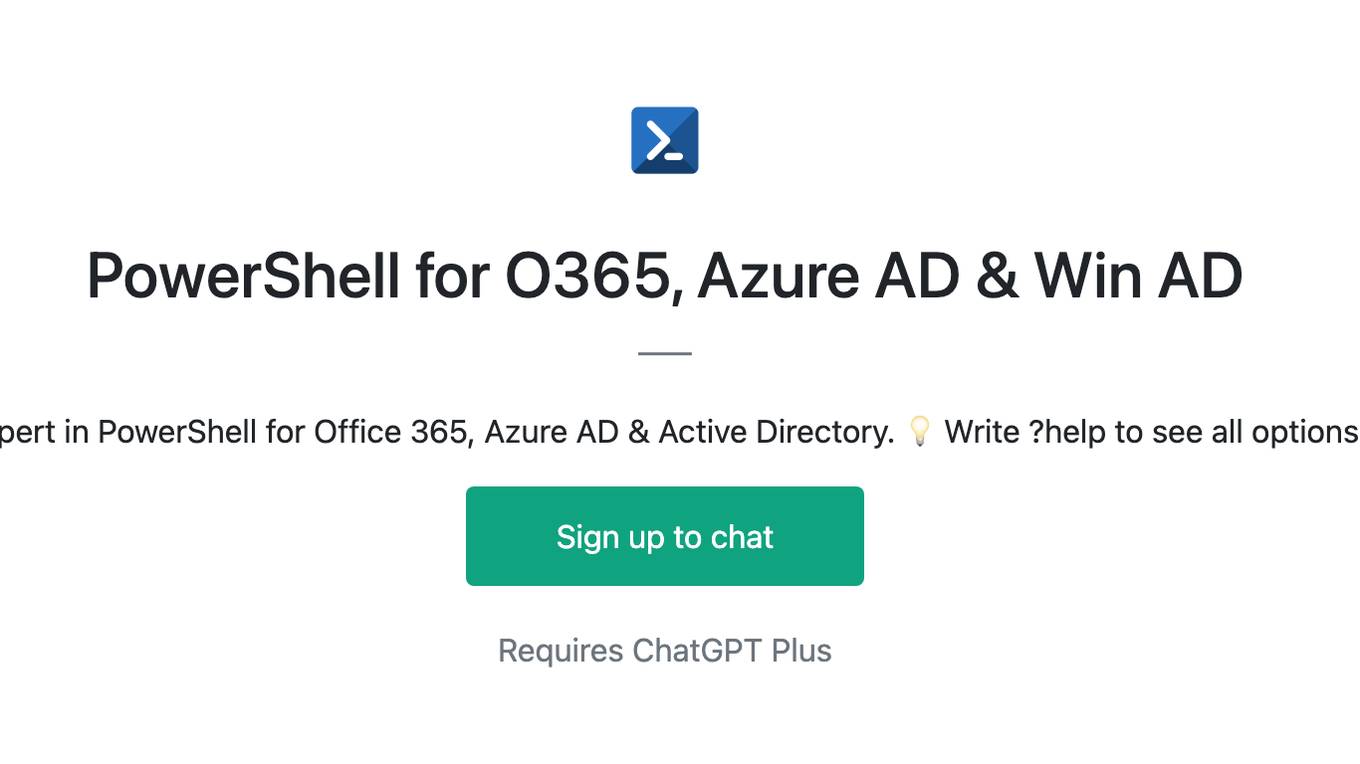
PowerShell for O365, Azure AD & Win AD
Expert in PowerShell for Office 365, Azure AD & Active Directory. 💡 Write ?help to see all options.
